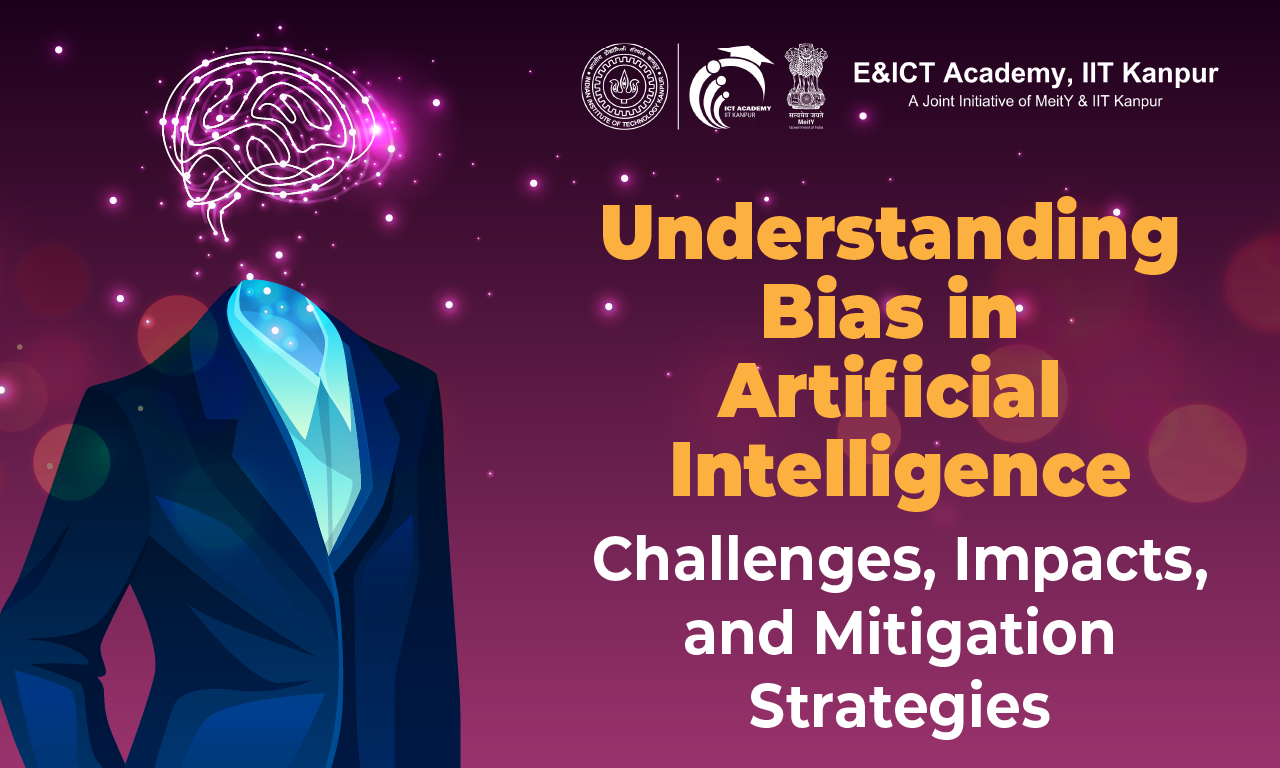Artificial Intelligence
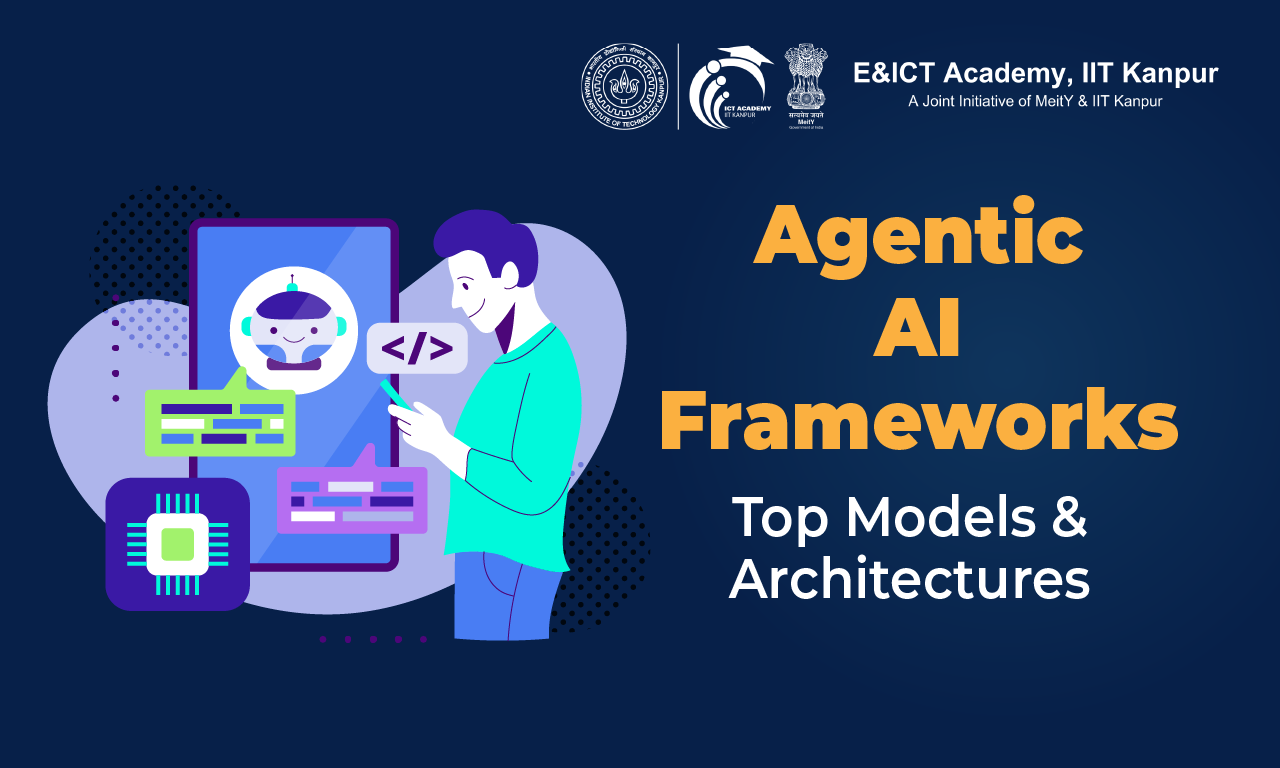
Agentic AI Frameworks: A Practical Guide for Building Intelligent Autonomous Systems in 2026
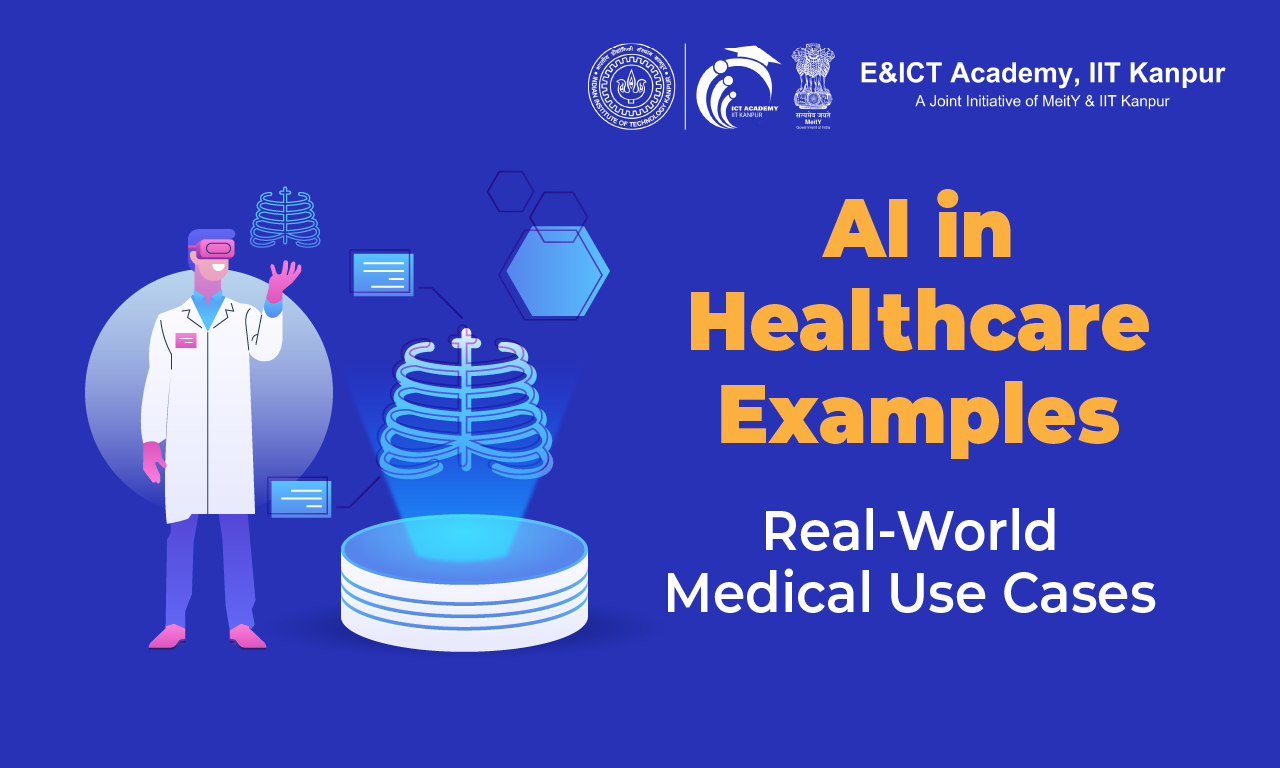
AI in Healthcare Examples: Real-World Use Cases in Diagnosis, Treatment & Operations
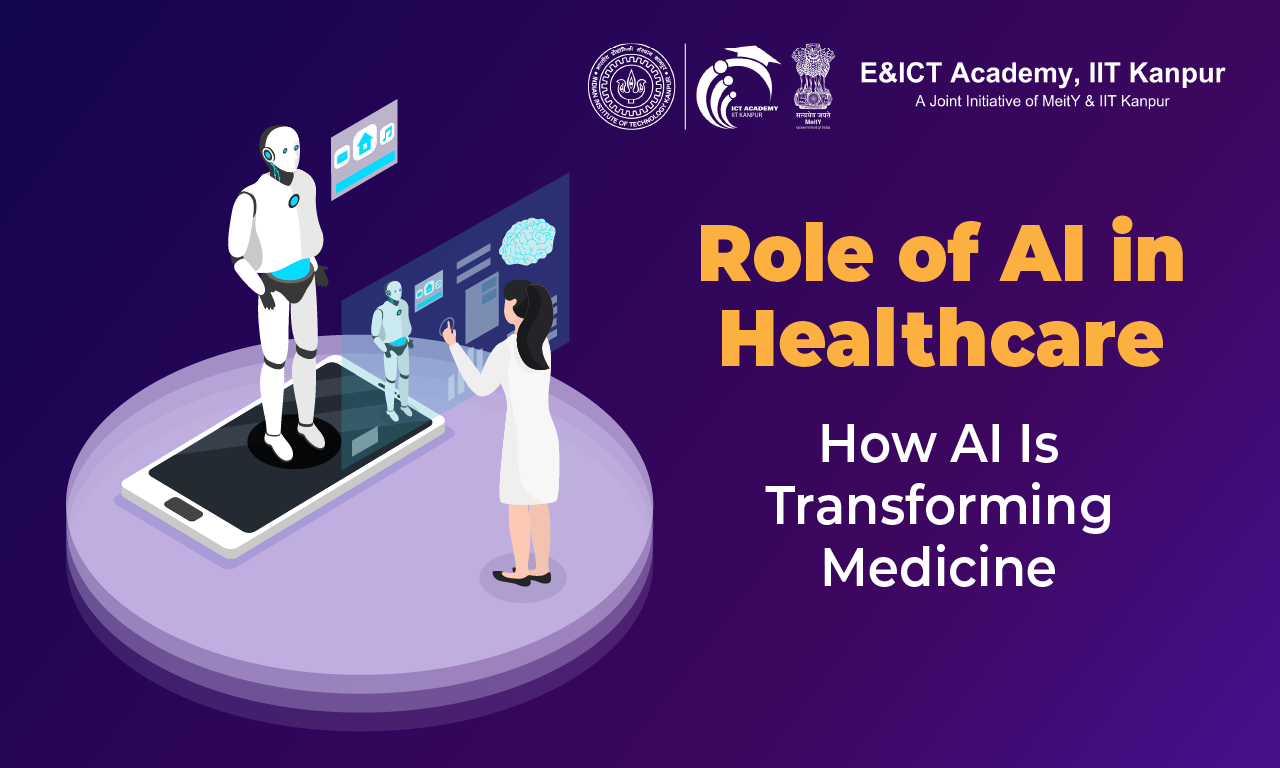
The Role of AI in Healthcare: How Artificial Intelligence Is Transforming the Medical Industry
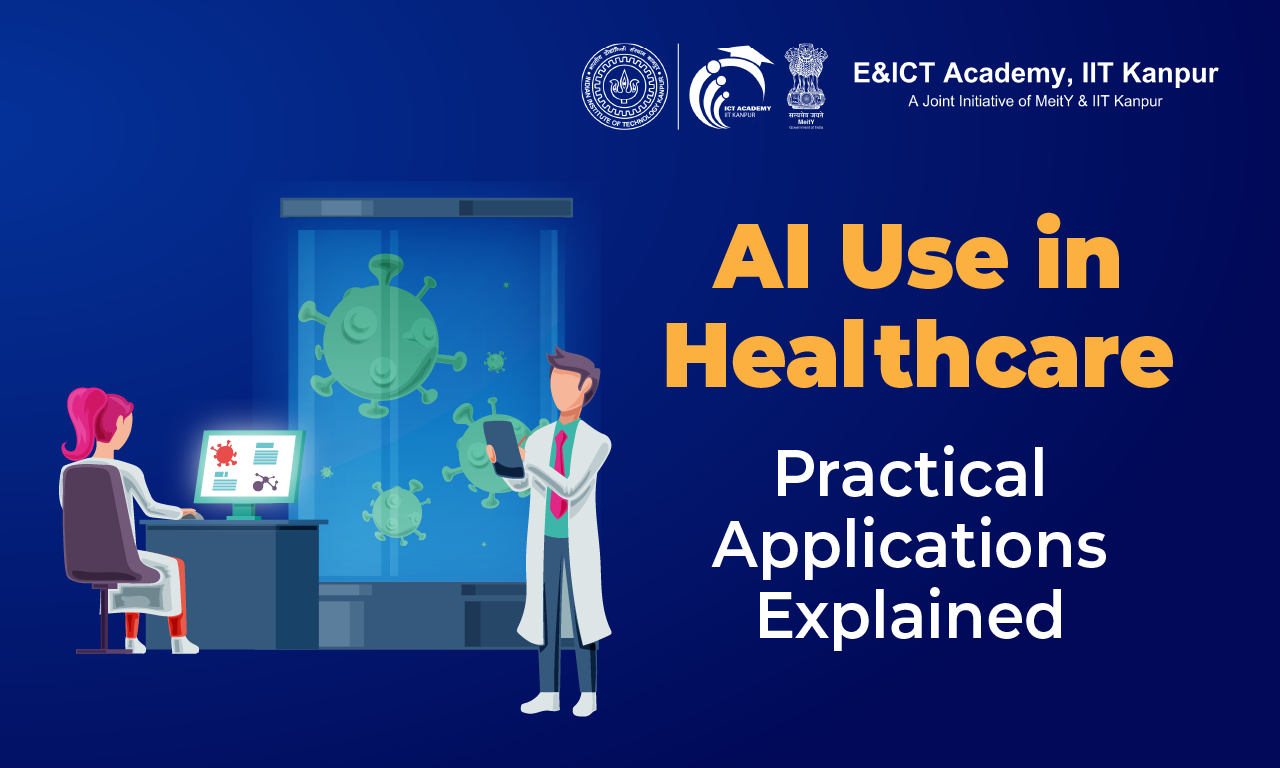
How AI Is Used in Healthcare: Practical Examples, Technologies, and Real Implementations
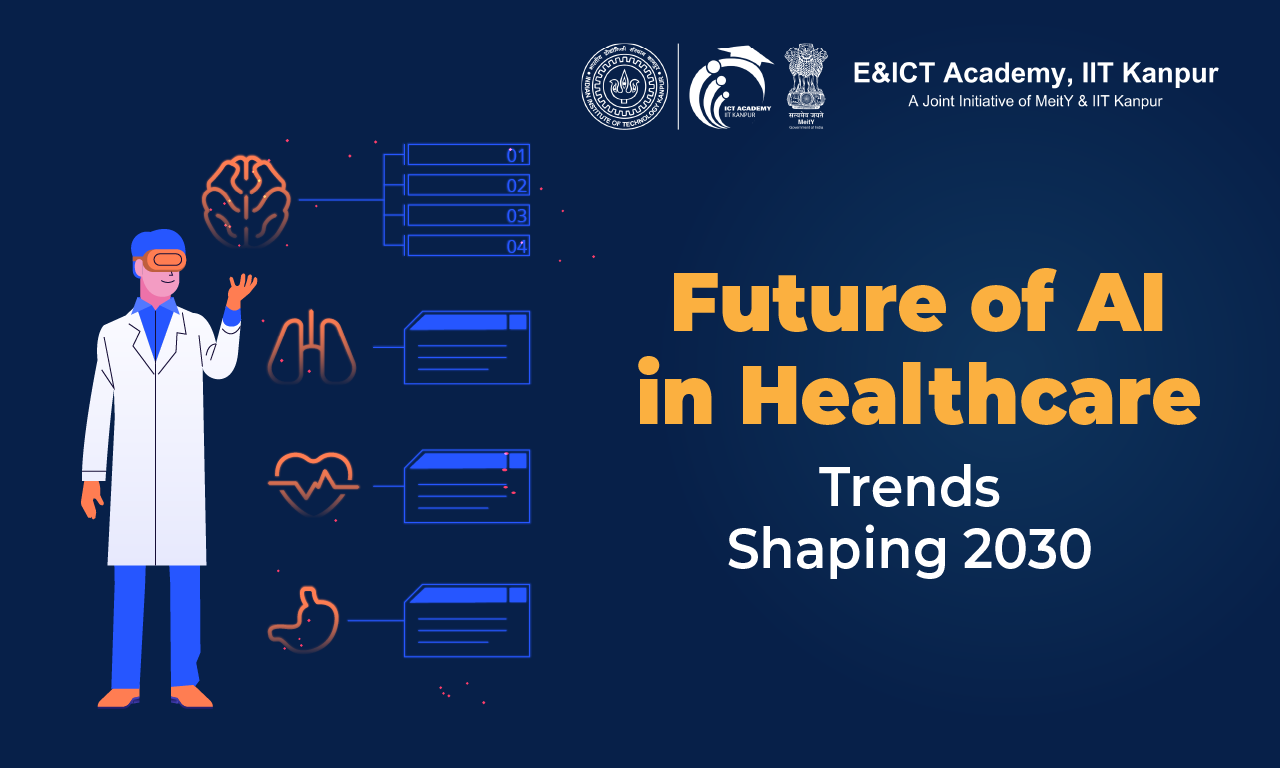
The Future of AI in Healthcare: Predictions, Innovations & Technologies Shaping 2030

AI in Healthcare: Meaning, Applications, Benefits, Challenges, and Future Trends
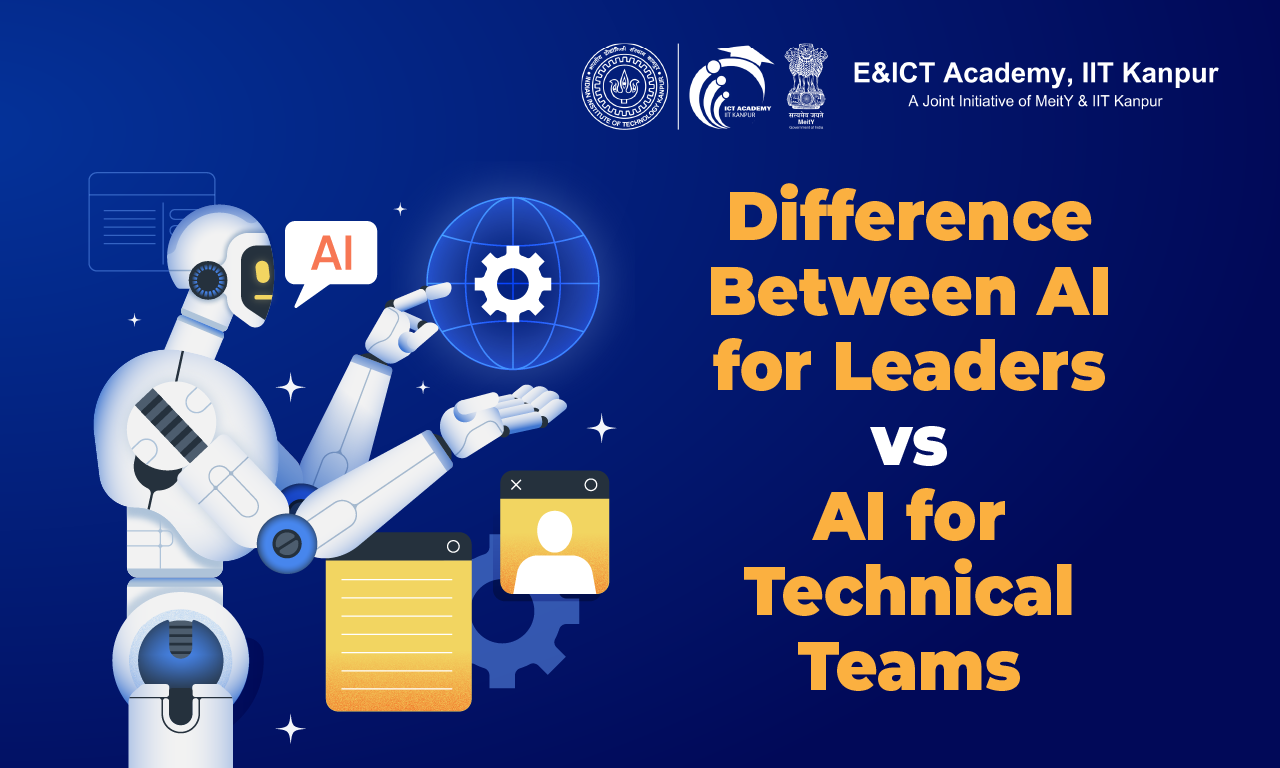
Difference Between AI for Leaders vs AI for Technical Teams
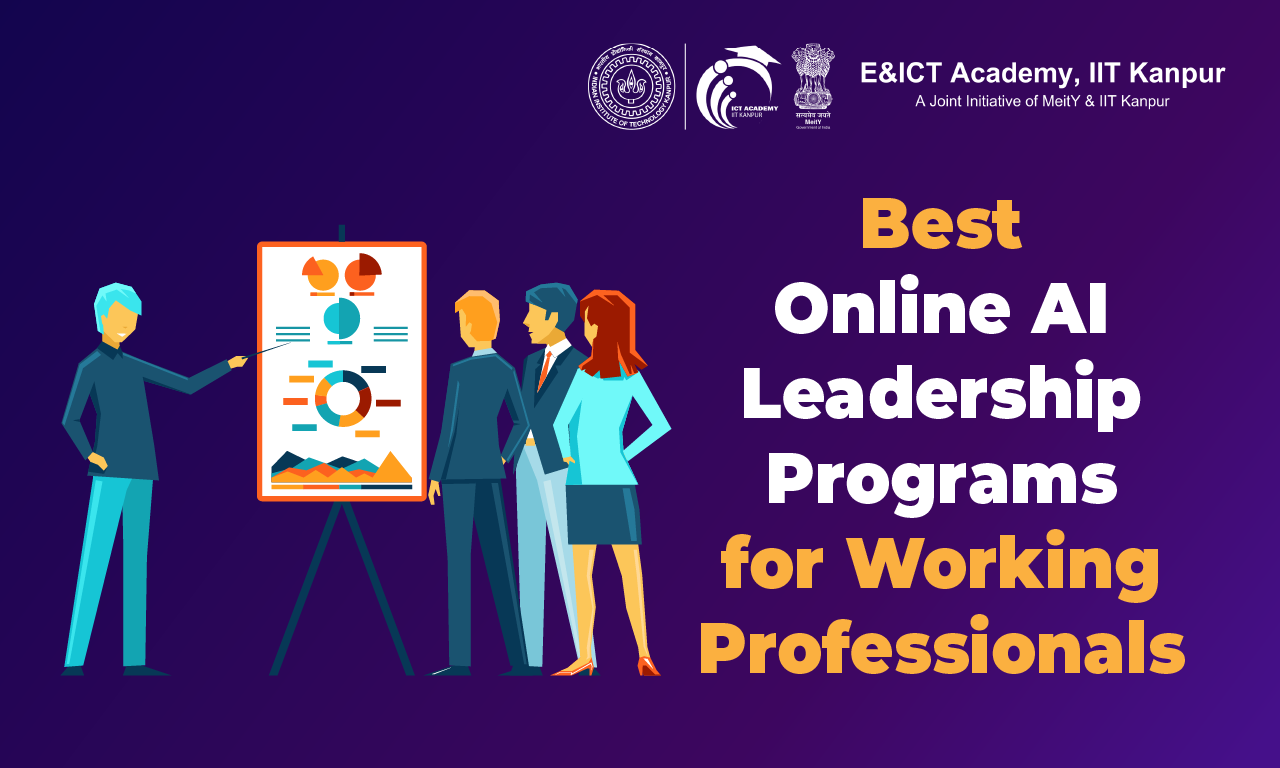
Best Online AI Leadership Programs for Working Professionals
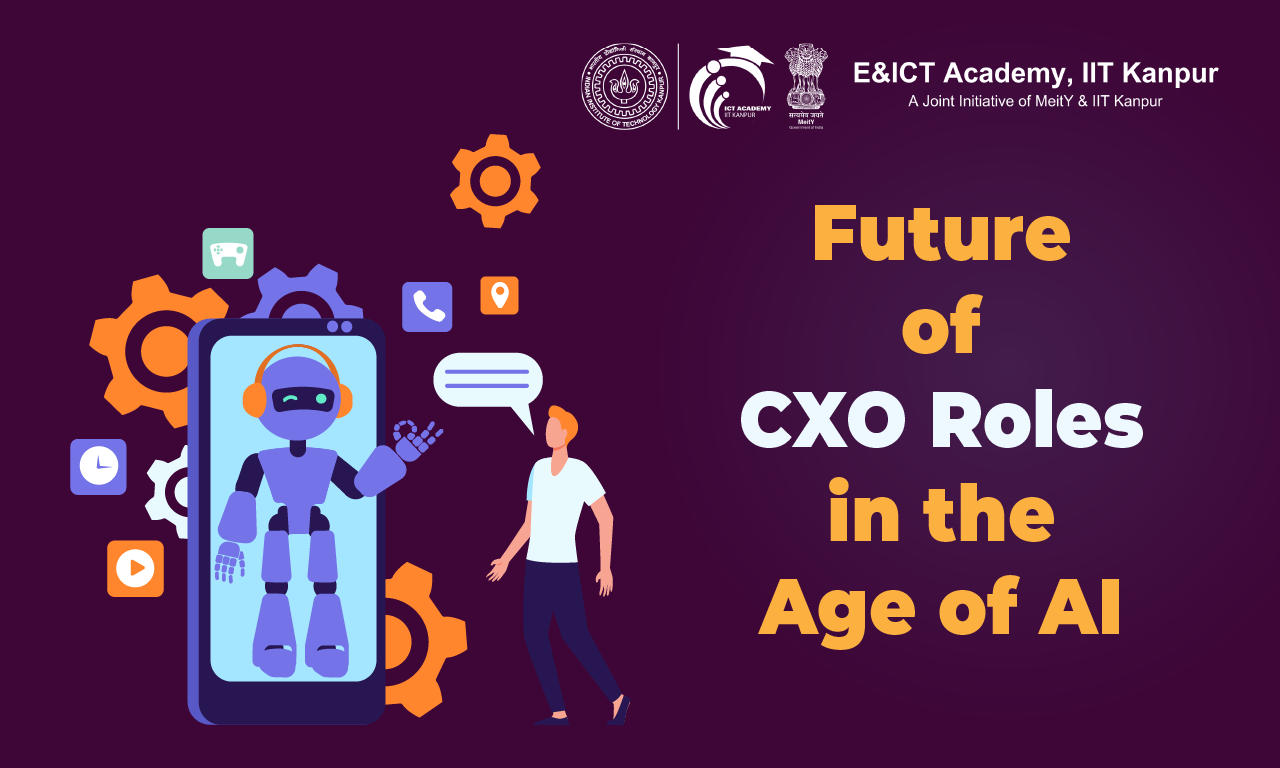
Future of CXO Roles in the Age of AI
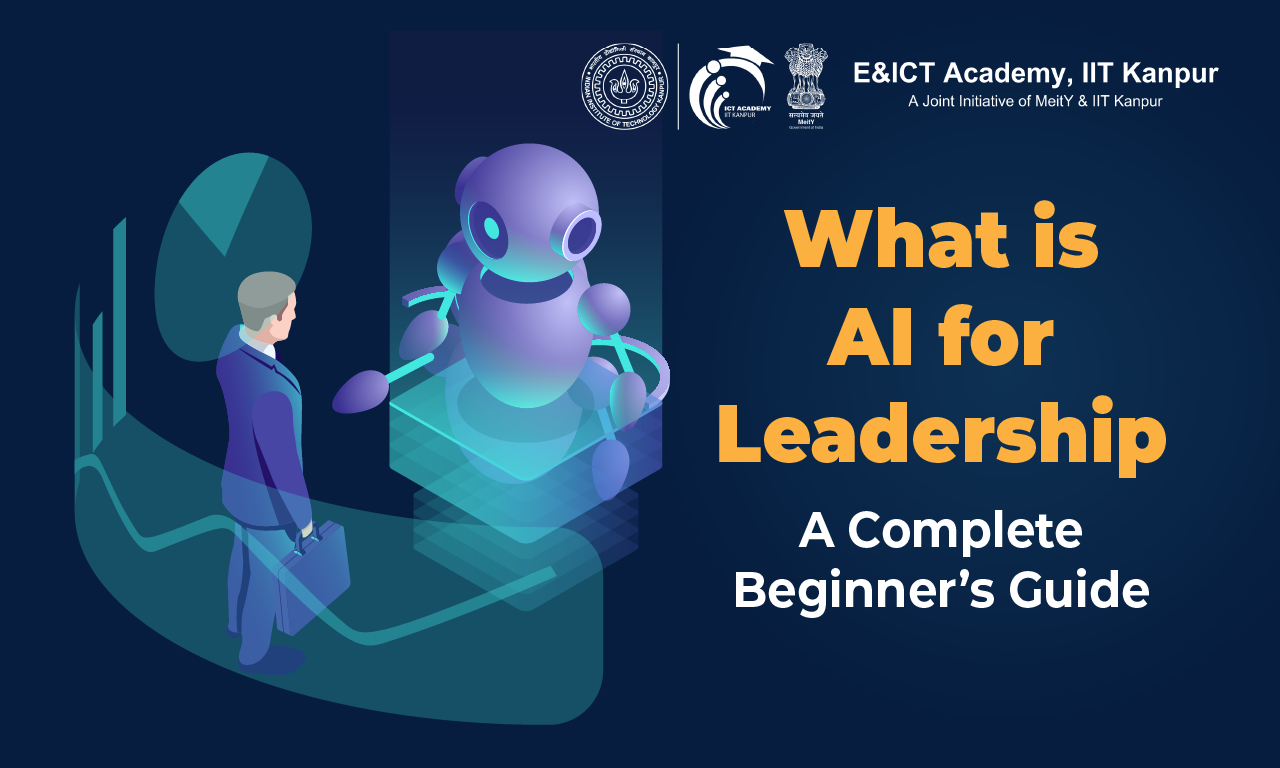
What is AI for Leadership? A Complete Beginner’s Guide
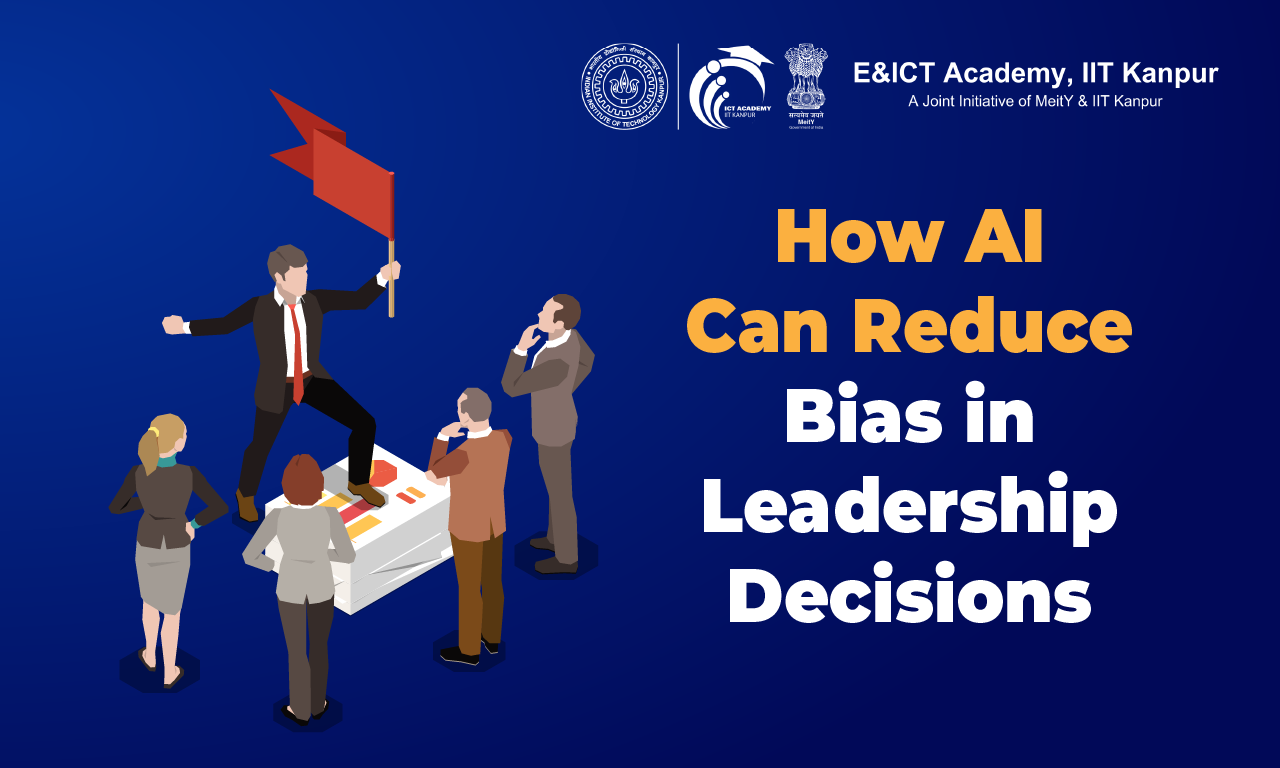
How AI Can Reduce Bias in Leadership Decisions
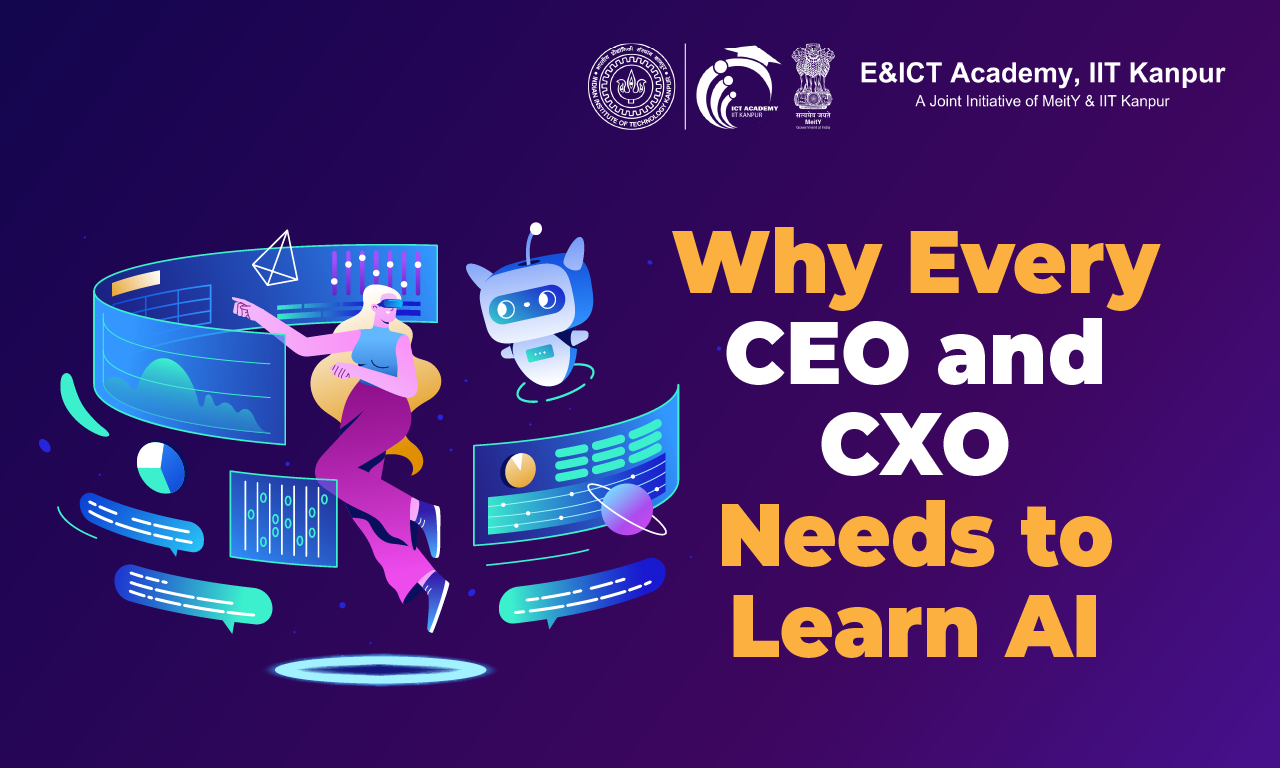
Why Every CEO and CXO Needs to Learn AI in 2026
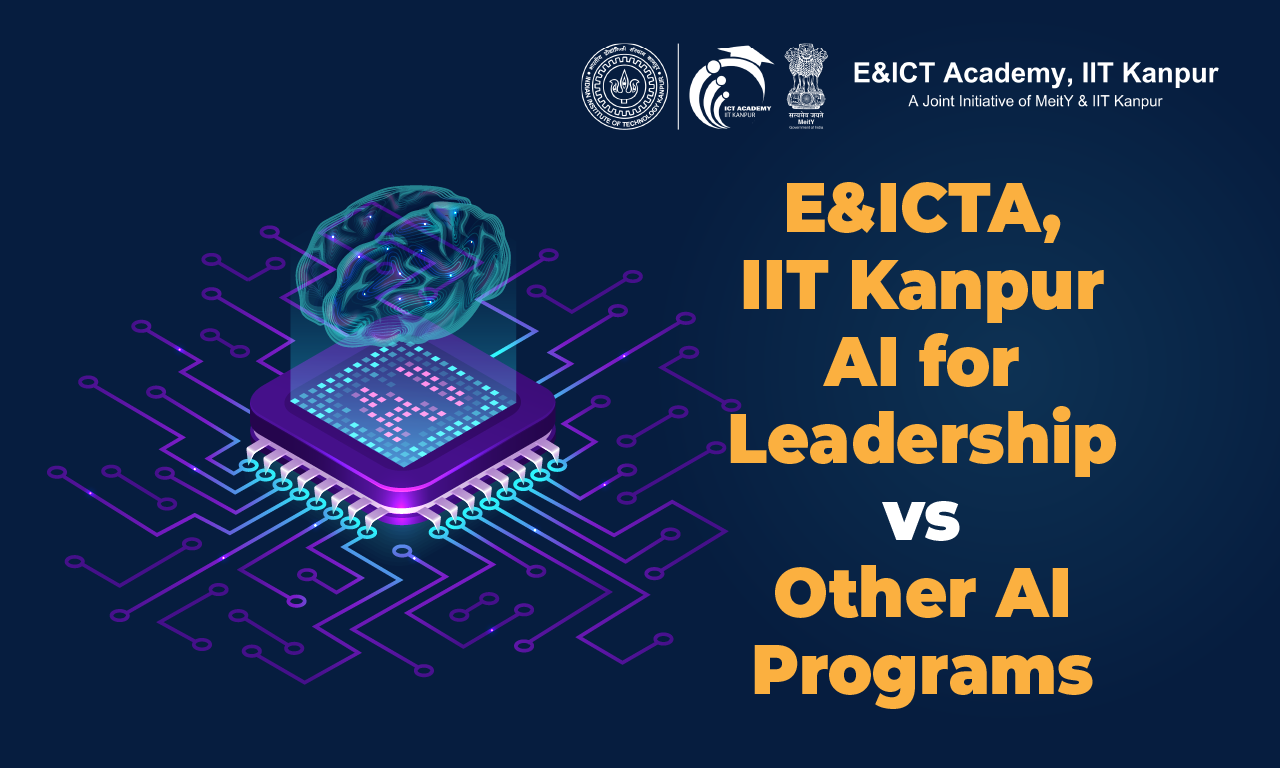
E&ICTA, IIT Kanpur AI for Leadership vs Other AI Programs
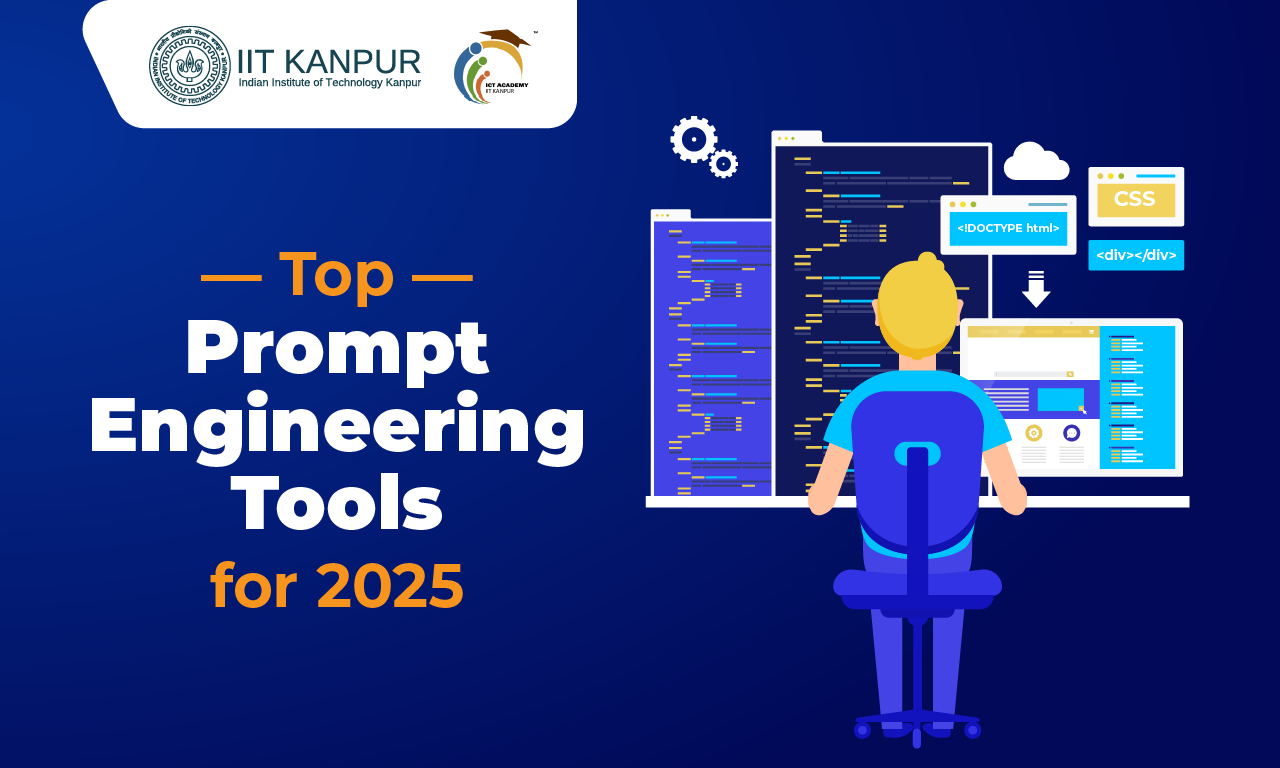
The Ultimate List of Top Prompt Engineering Tools in 2026
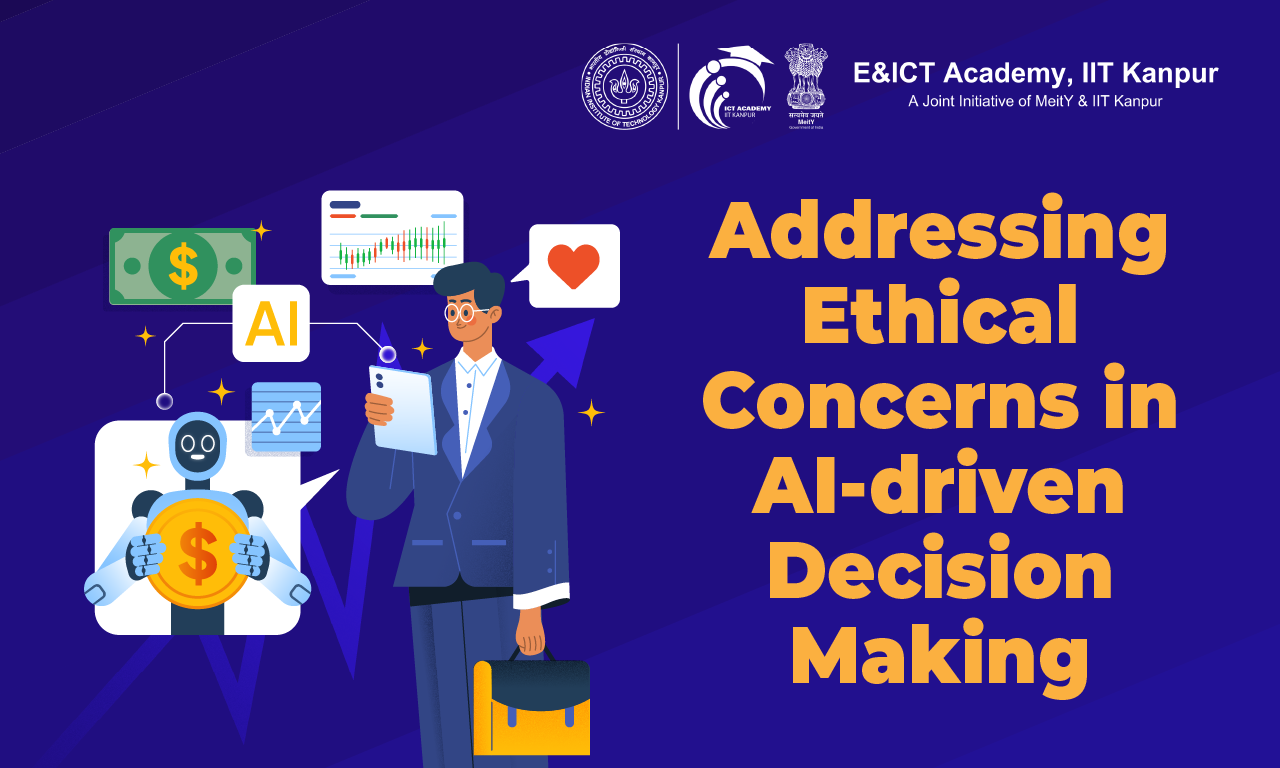
Addressing Ethical Concerns in AI-Driven Decision Making: Fairness, Accountability, and Transparency
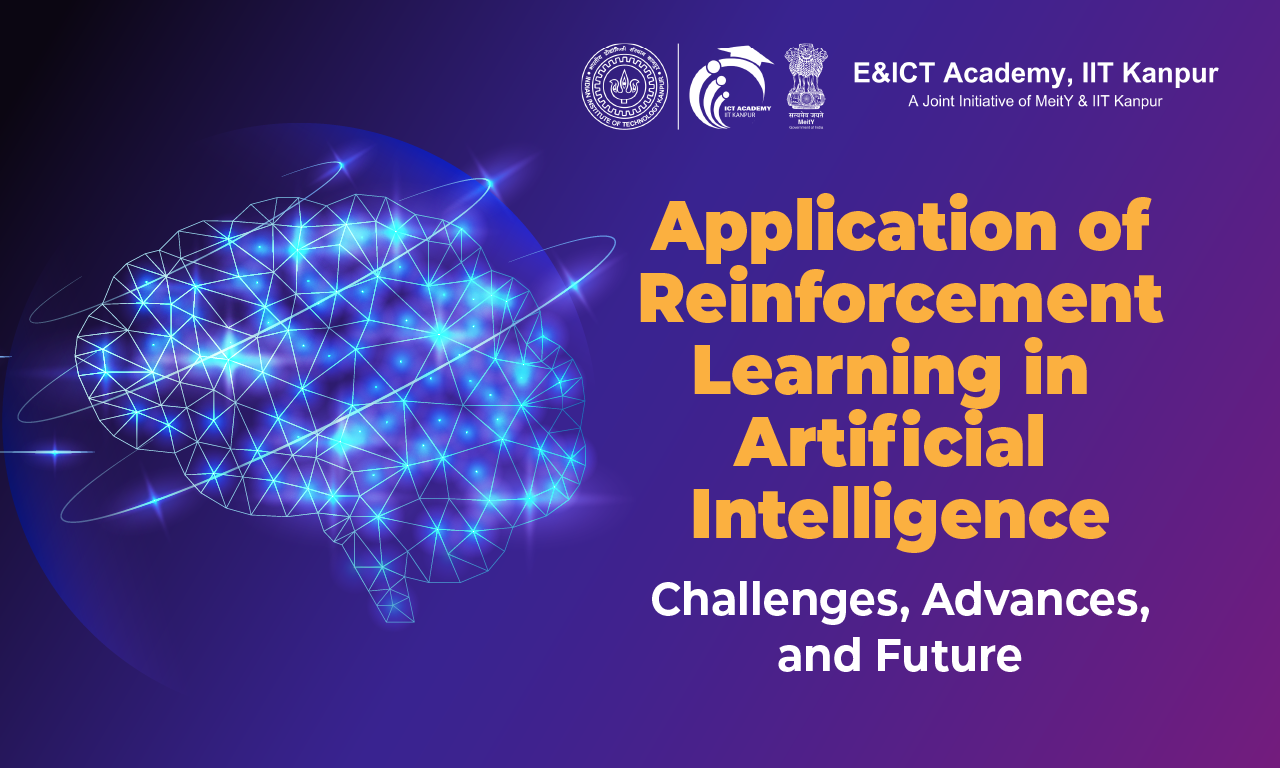
Application of Reinforcement Learning in Artificial Intelligence: Challenges, Advances, and Future
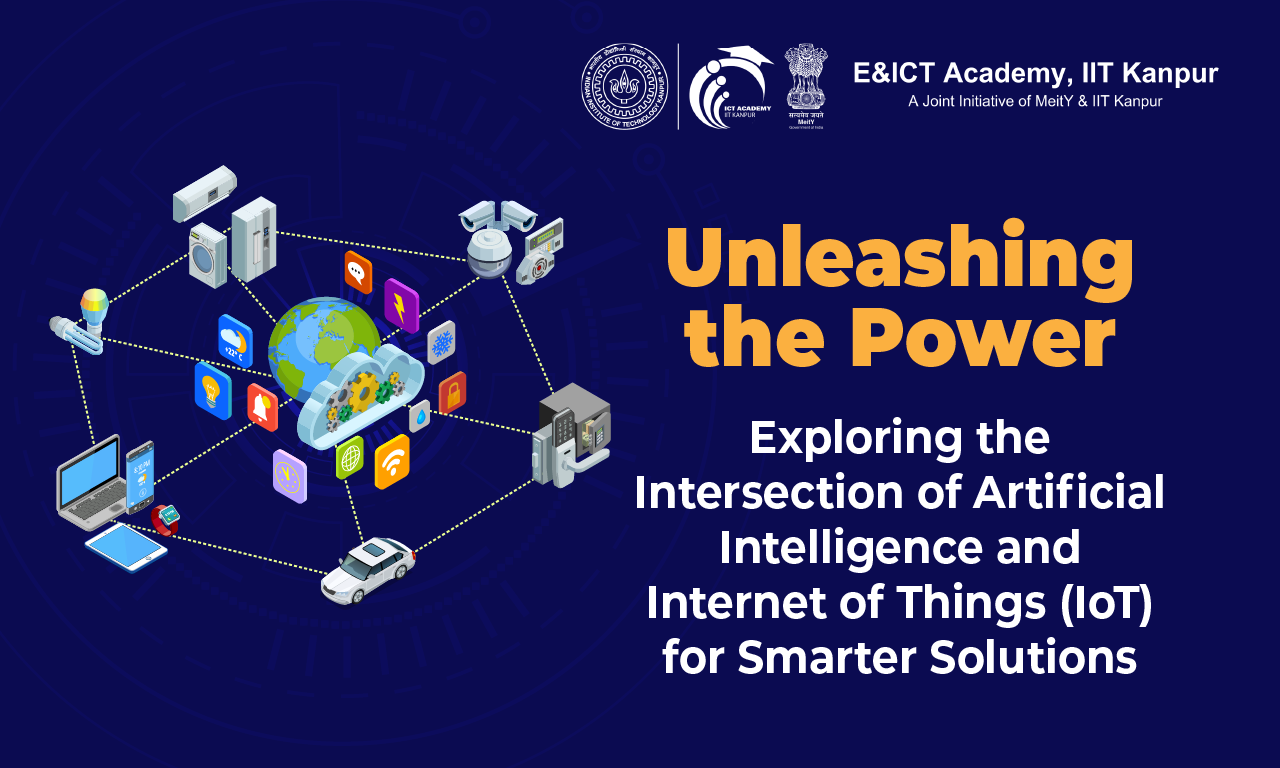
Unleashing the Power: Exploring the Intersection of Artificial Intelligence and Internet of Things (IoT) for Smarter Solutions
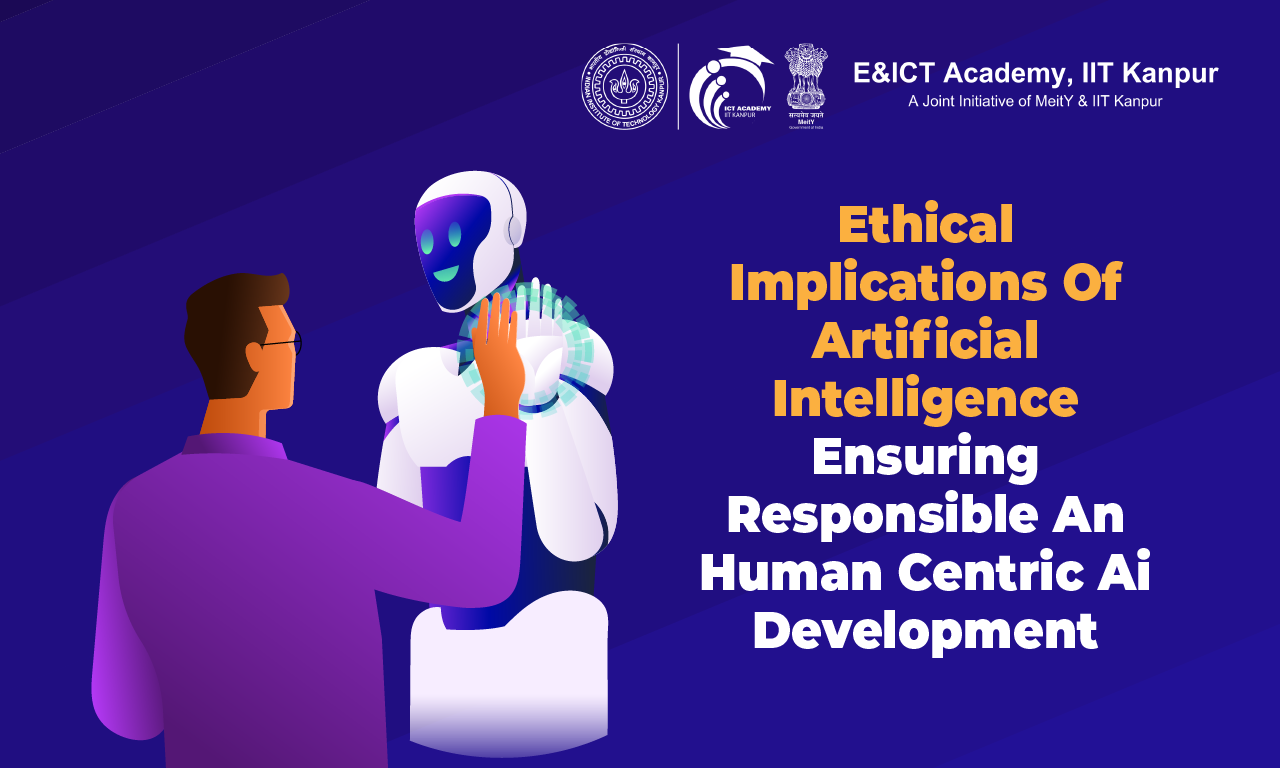
Ethical Implications of Artificial Intelligence: Ensuring Responsible and Human-centric AI Development
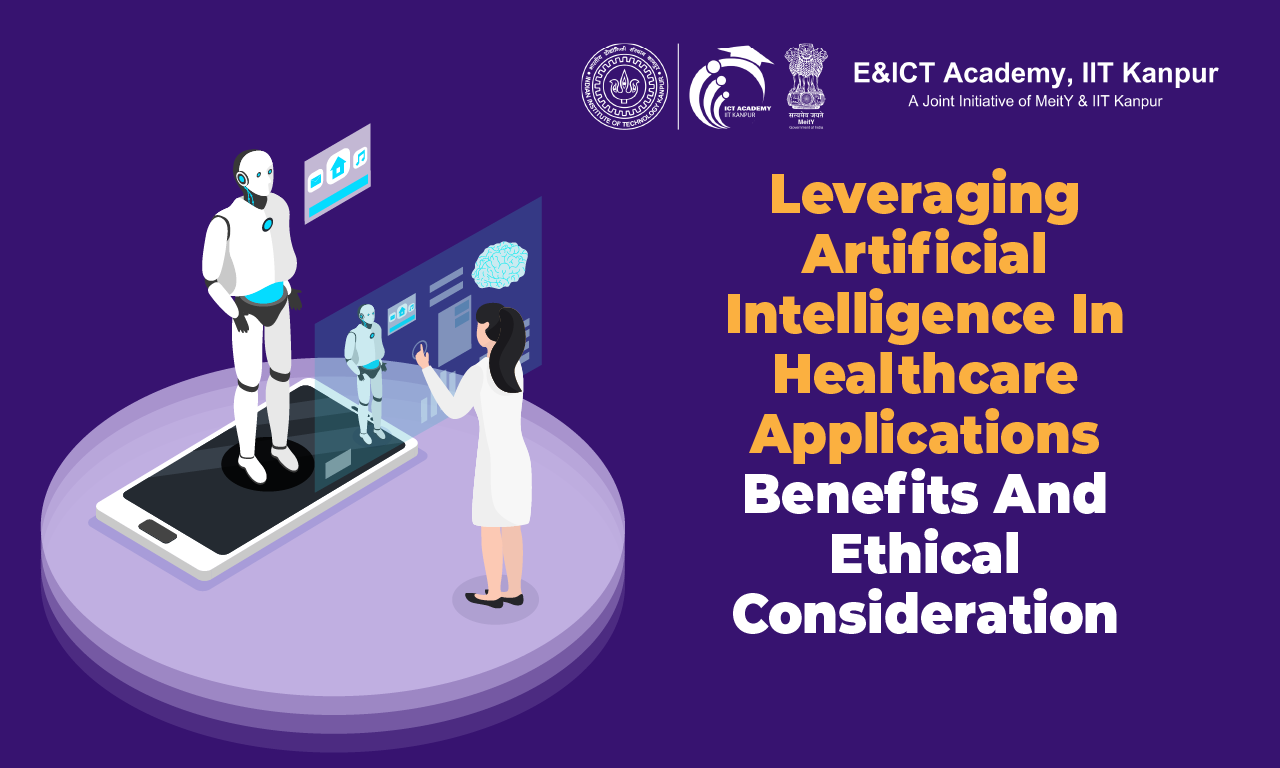
Leveraging artificial intelligence in Healthcare: applications, benefits, and Ethical consideration
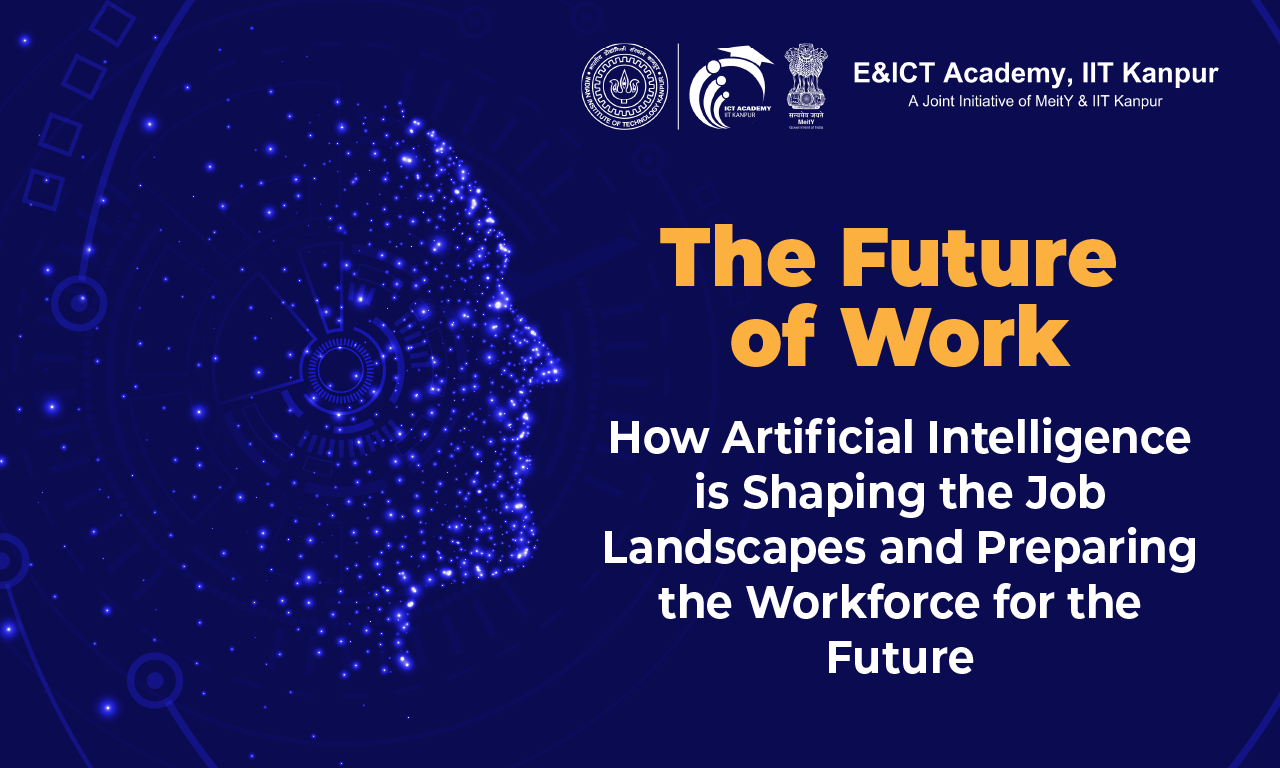
The Future of Work: How Artificial Intelligence is Shaping the Job Landscapes and Preparing the Workforce for the Future
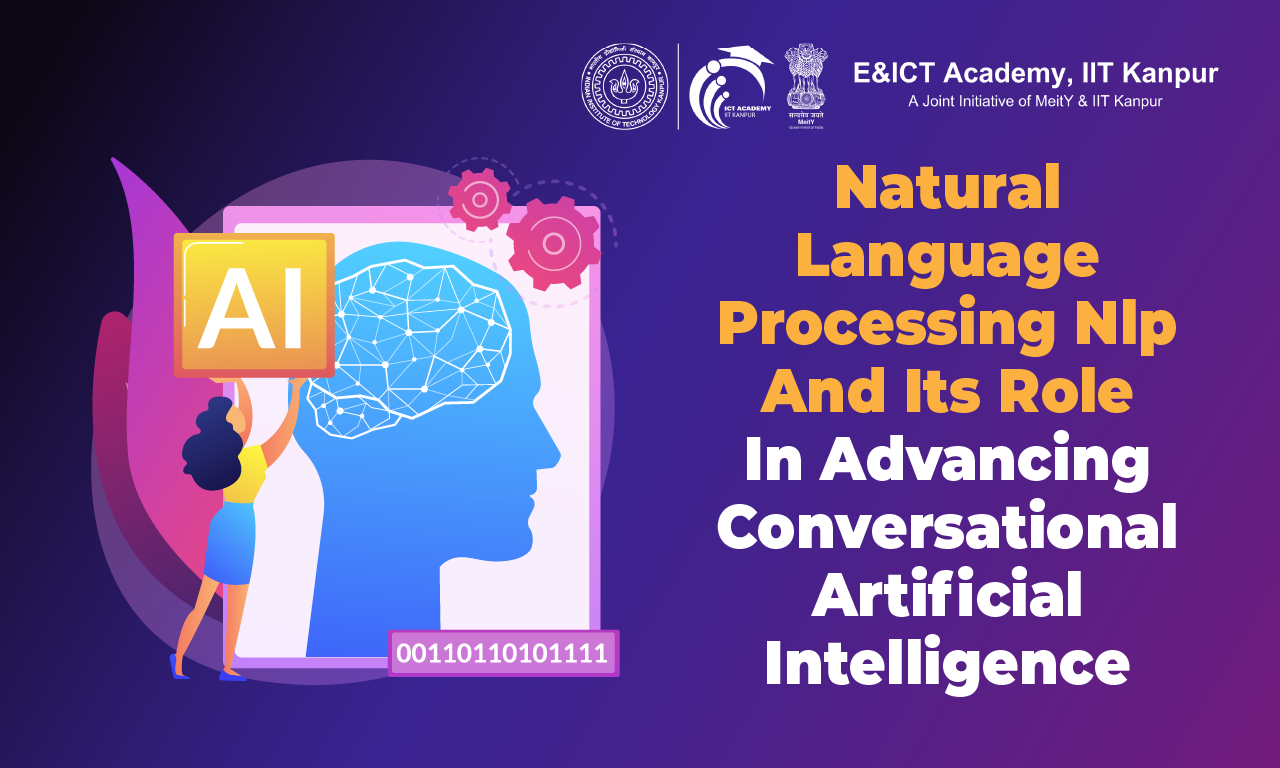
Natural Language Processing (NLP) and its Role in Advancing Conversational Artificial Intelligence
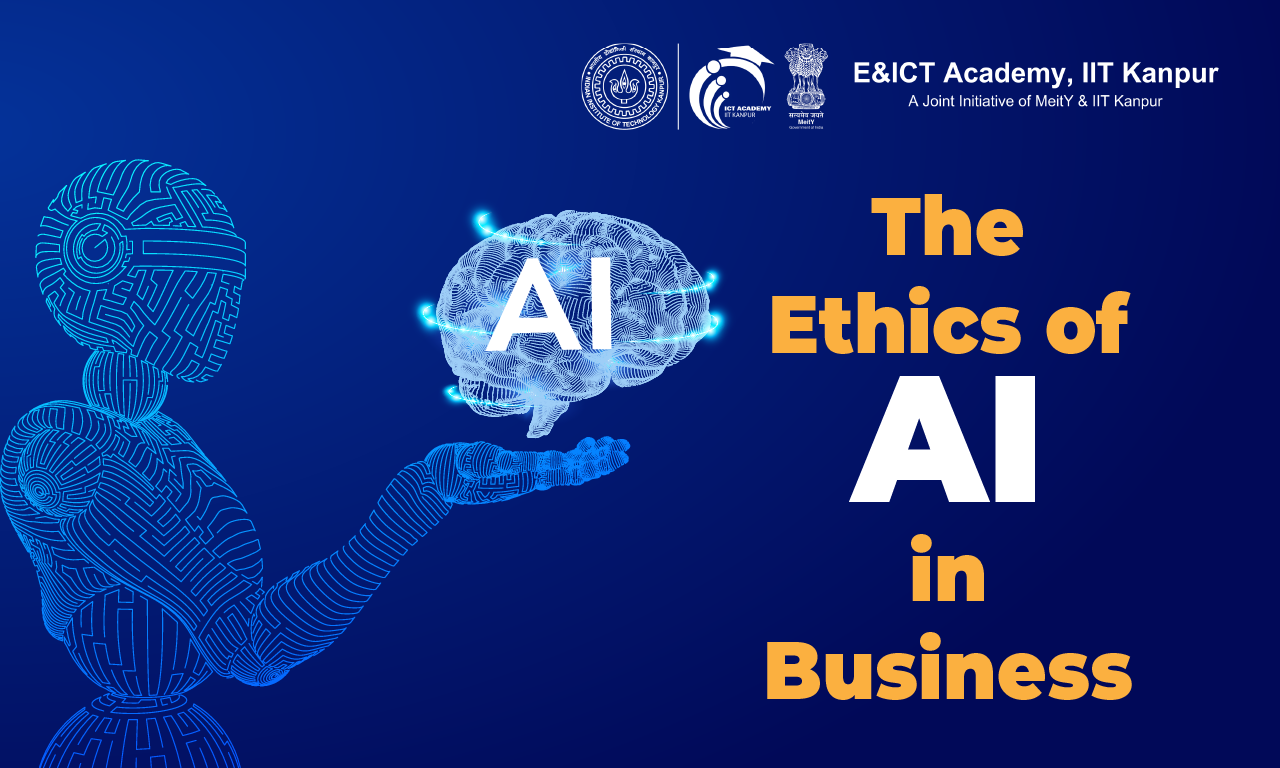
The Ethics of AI in Business: Opportunities, Risks, and Responsible Implementation
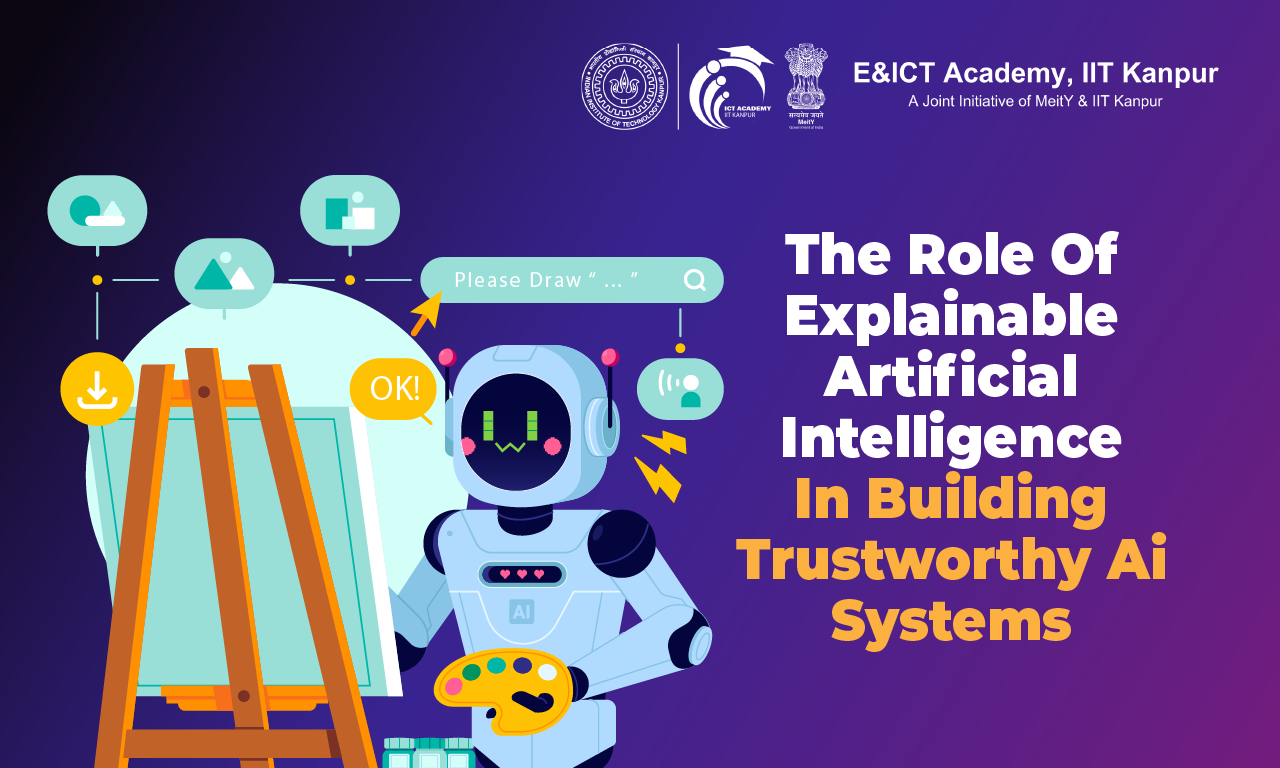
The Role of Explainable Artificial Intelligence (XAI) in Building Trustworthy AI Systems
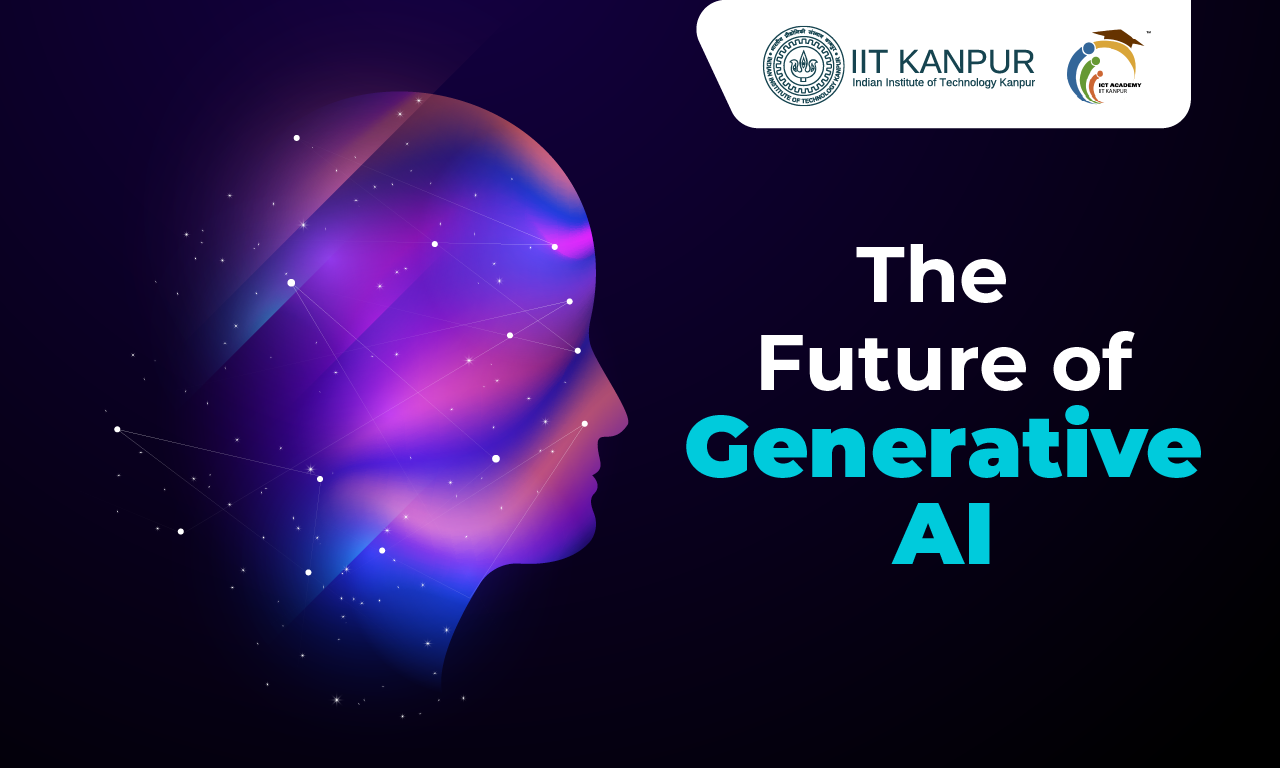
The Future of Generative AI – Revolutionizing Art and Design
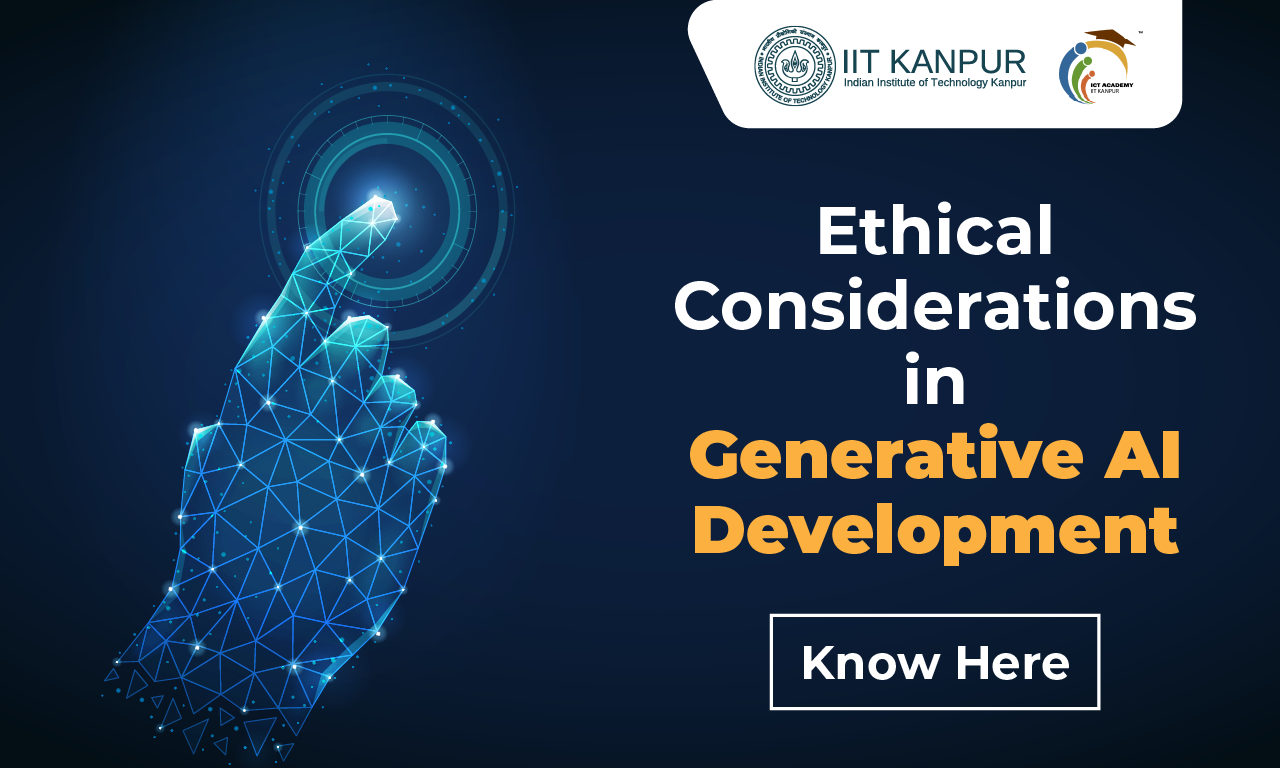
Ethical Considerations in the Development and Use of Generative AI
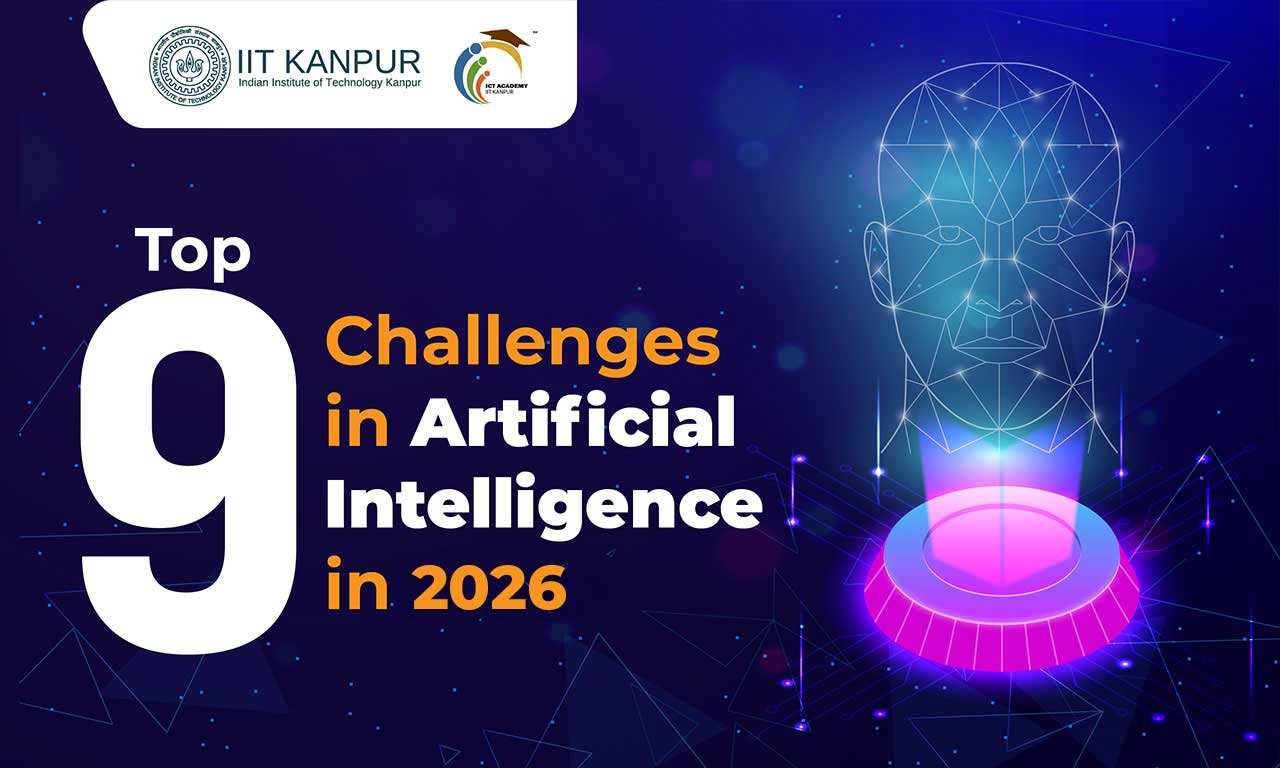
Top Challenges in Artificial Intelligence in 2026
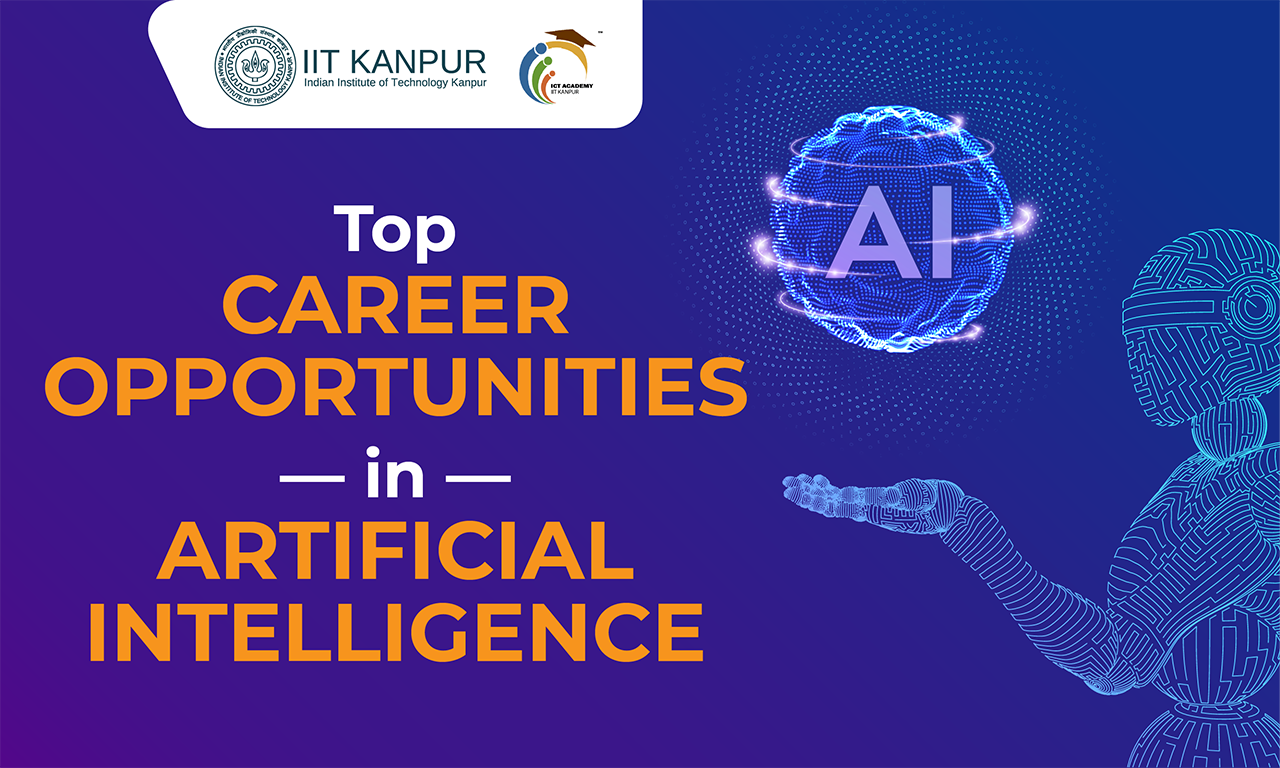
Career Opportunities in Artificial Intelligence: List of Various Job Roles in the Market
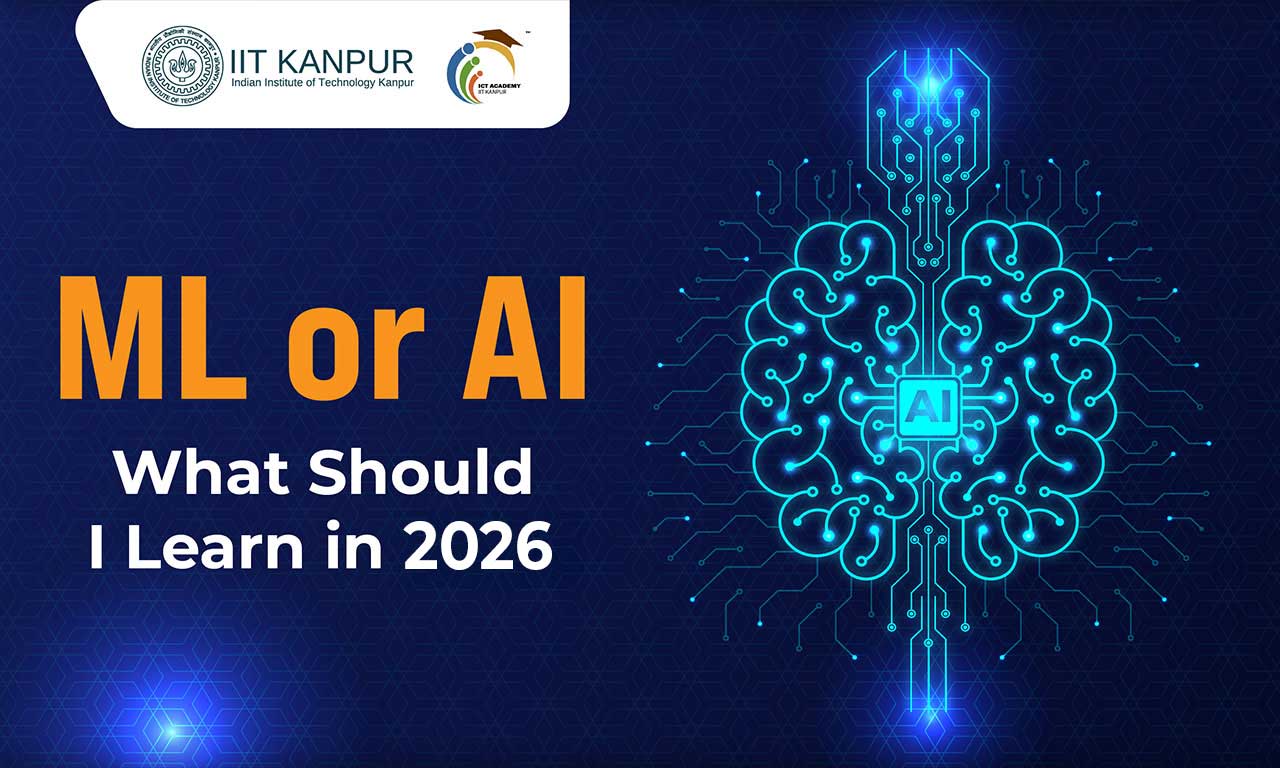
ML or AI: What Should I Learn in 2026
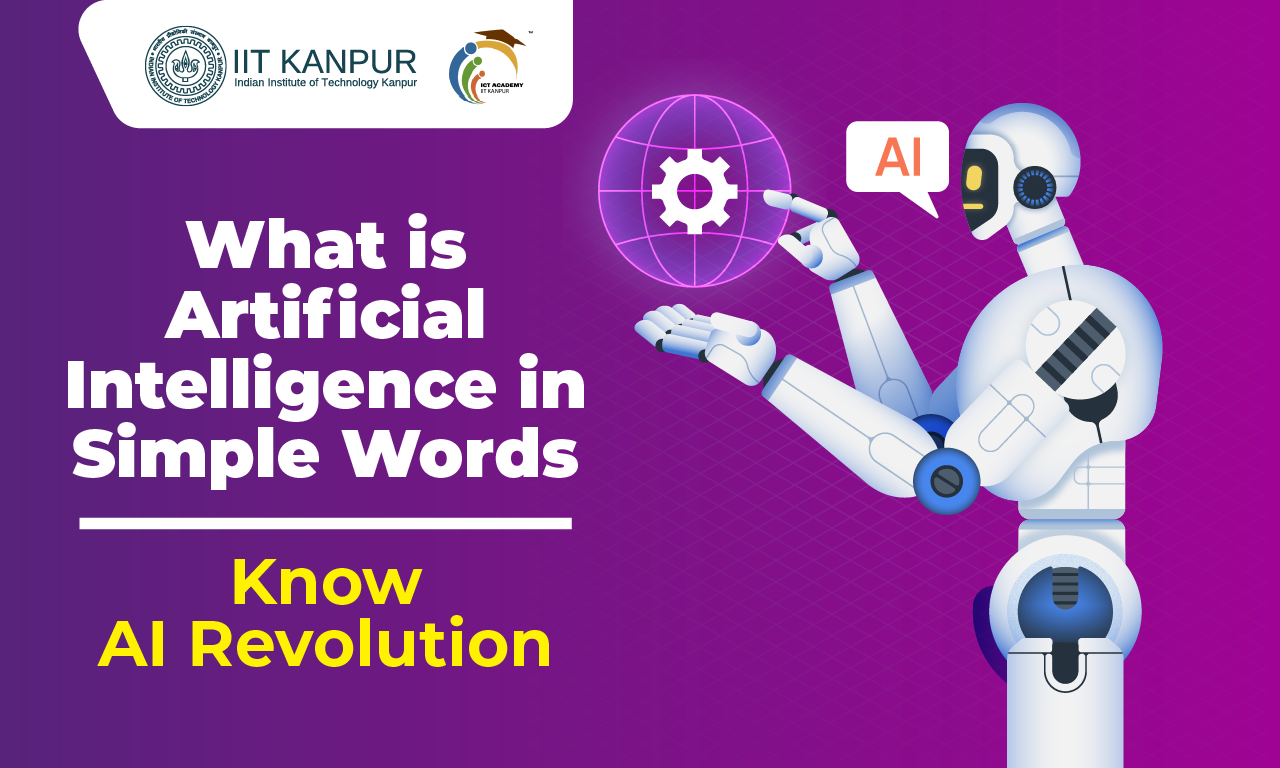
What is Artificial Intelligence in Simple Words – Know AI Revolution
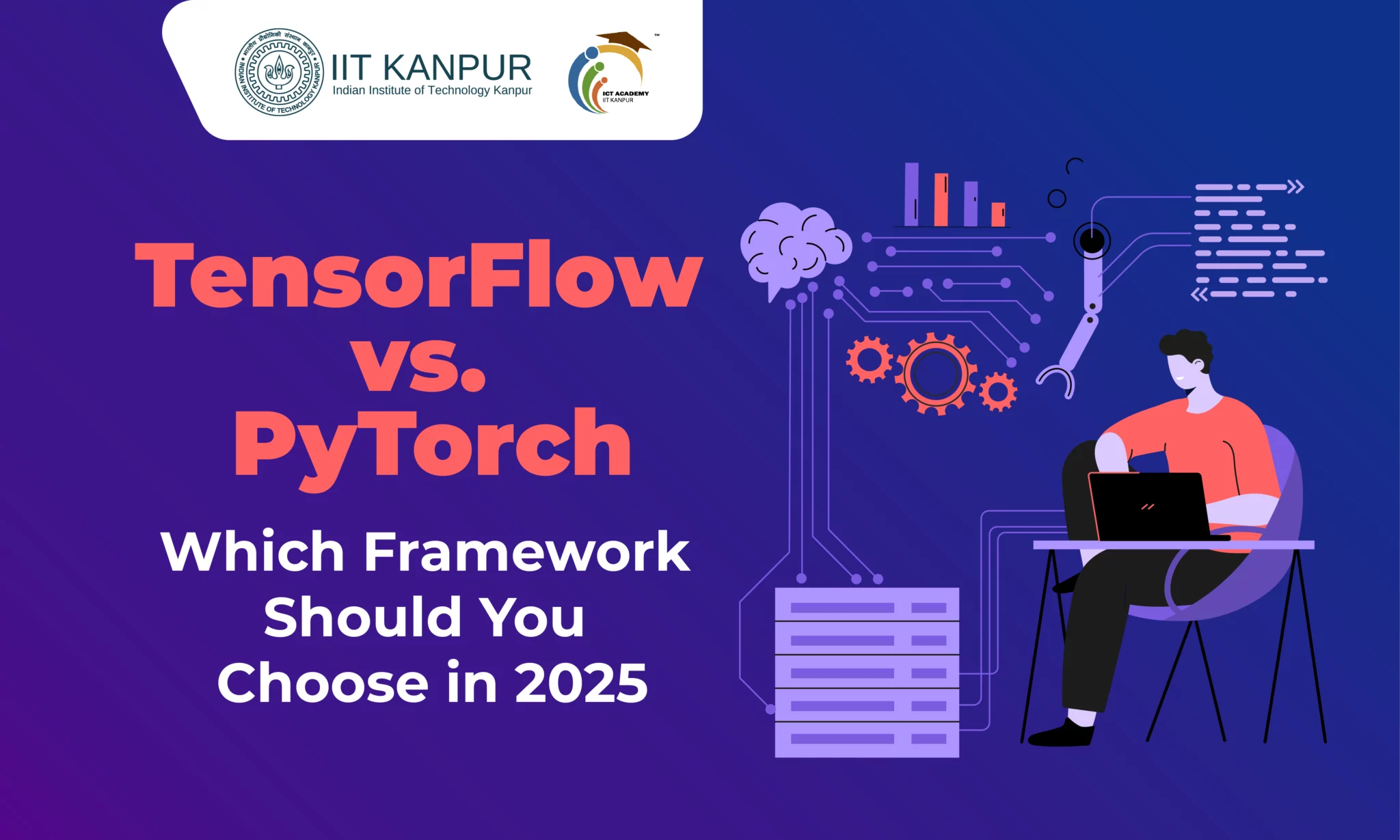
TensorFlow vs. PyTorch: Which Framework Should You Choose in 2026
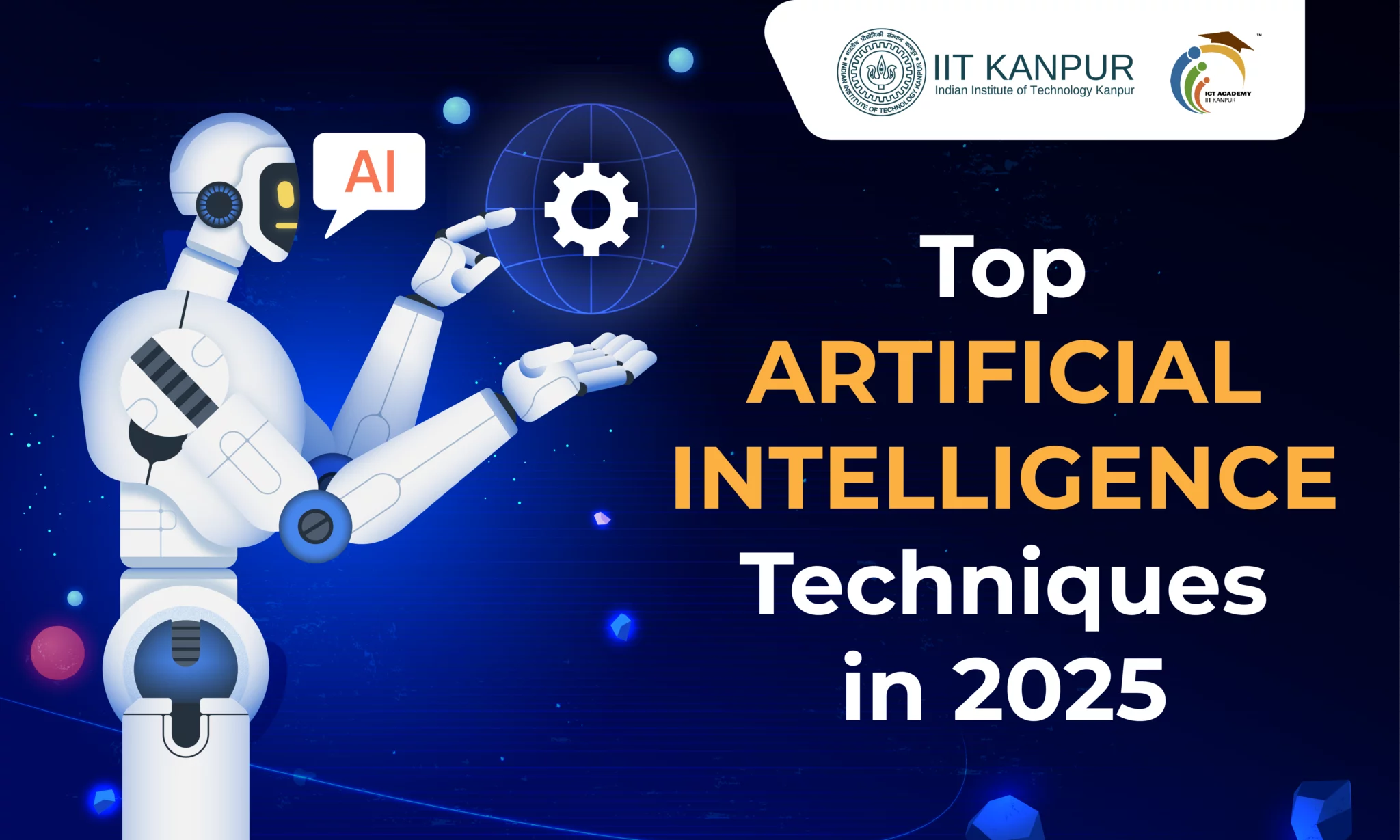
Top Artificial Intelligence Techniques in 2026
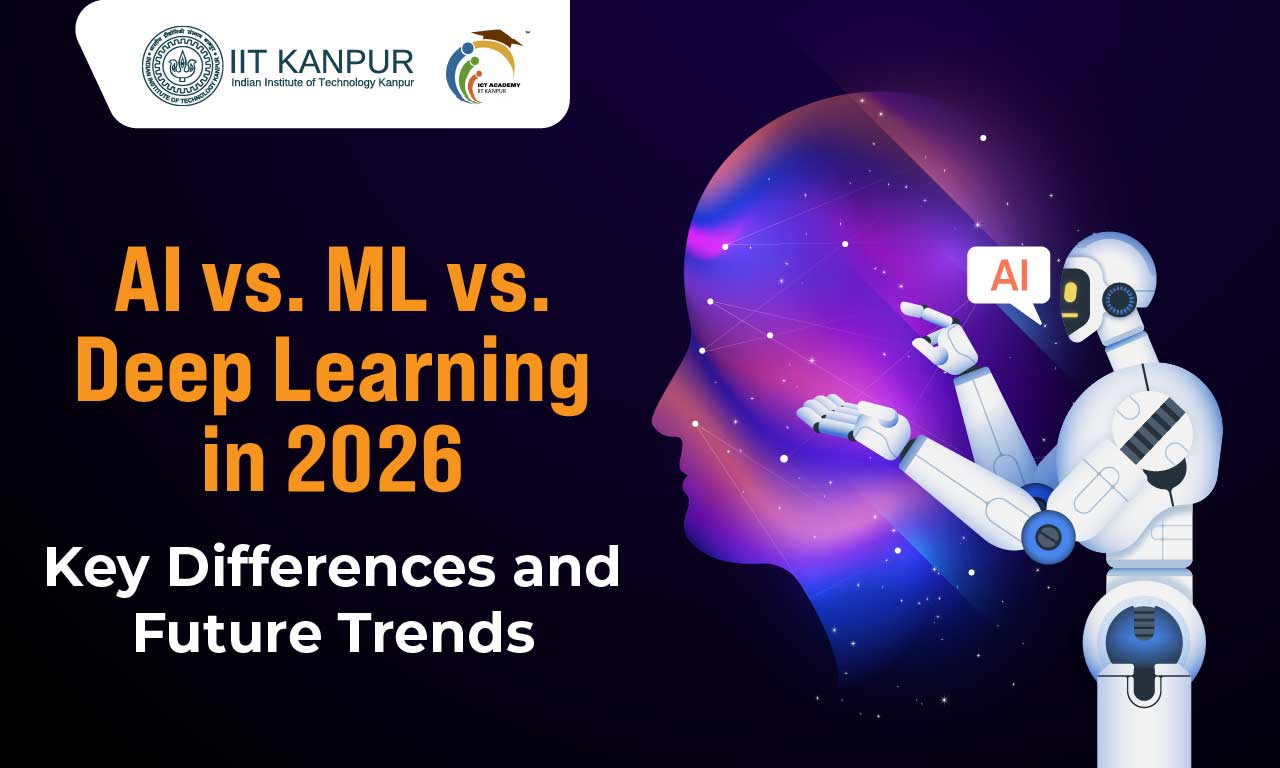
AI vs. ML vs. Deep Learning vs. GenAI in 2026: Key Differences and Future Trends
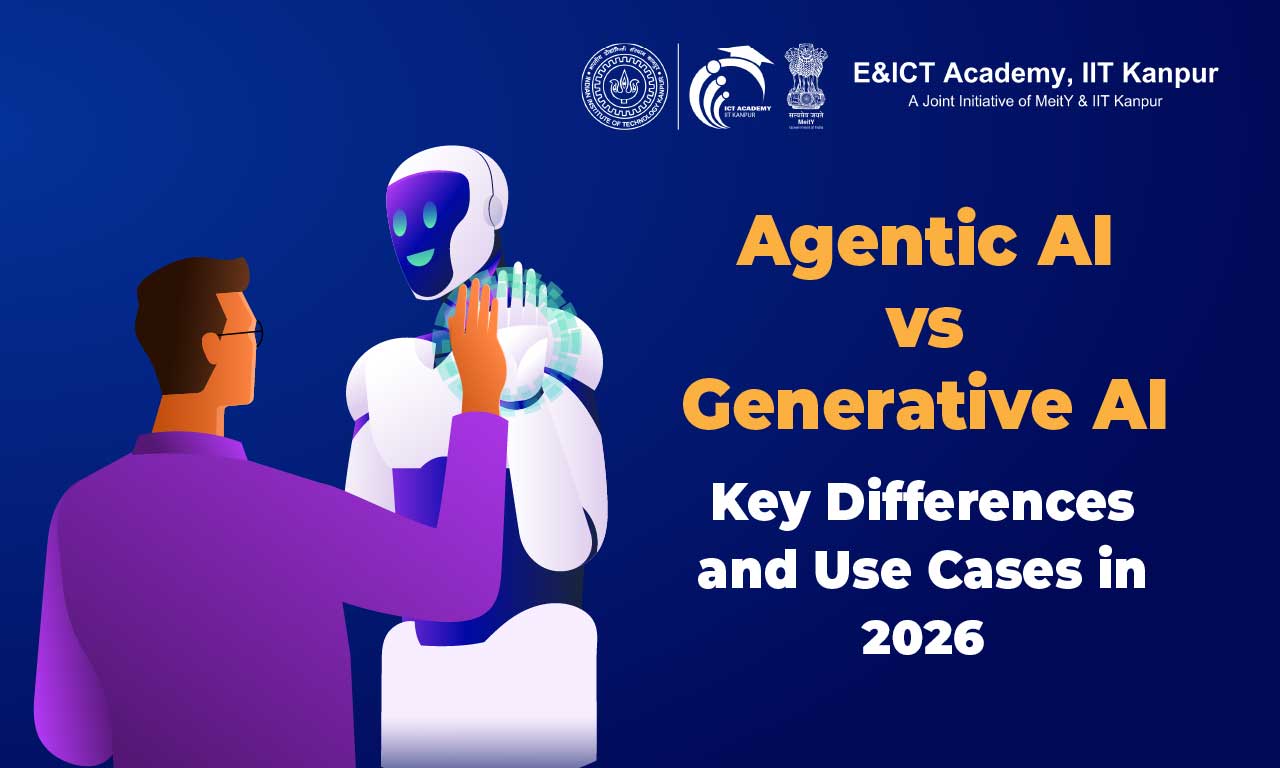
Agentic AI vs. Generative AI: Key Differences and Use Cases in 2026
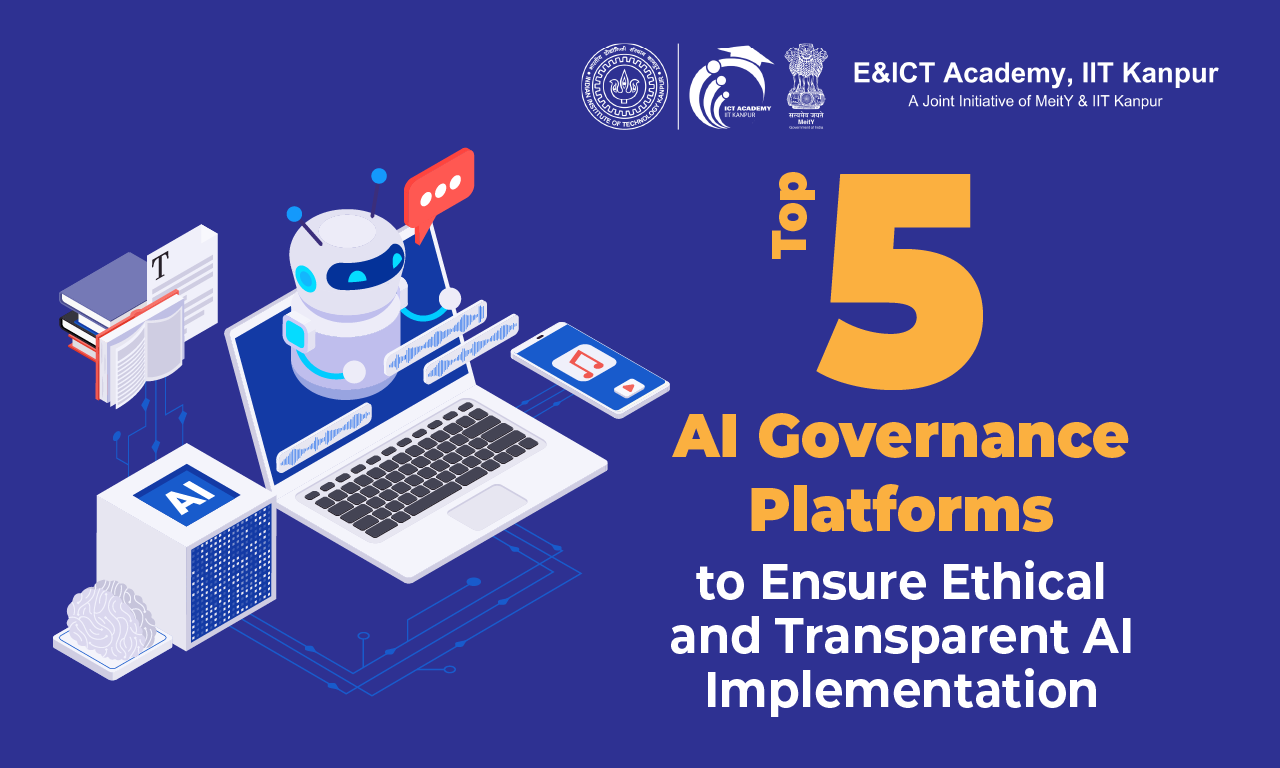
Top 5 AI Governance Platforms to Ensure Ethical and Transparent AI Implementation
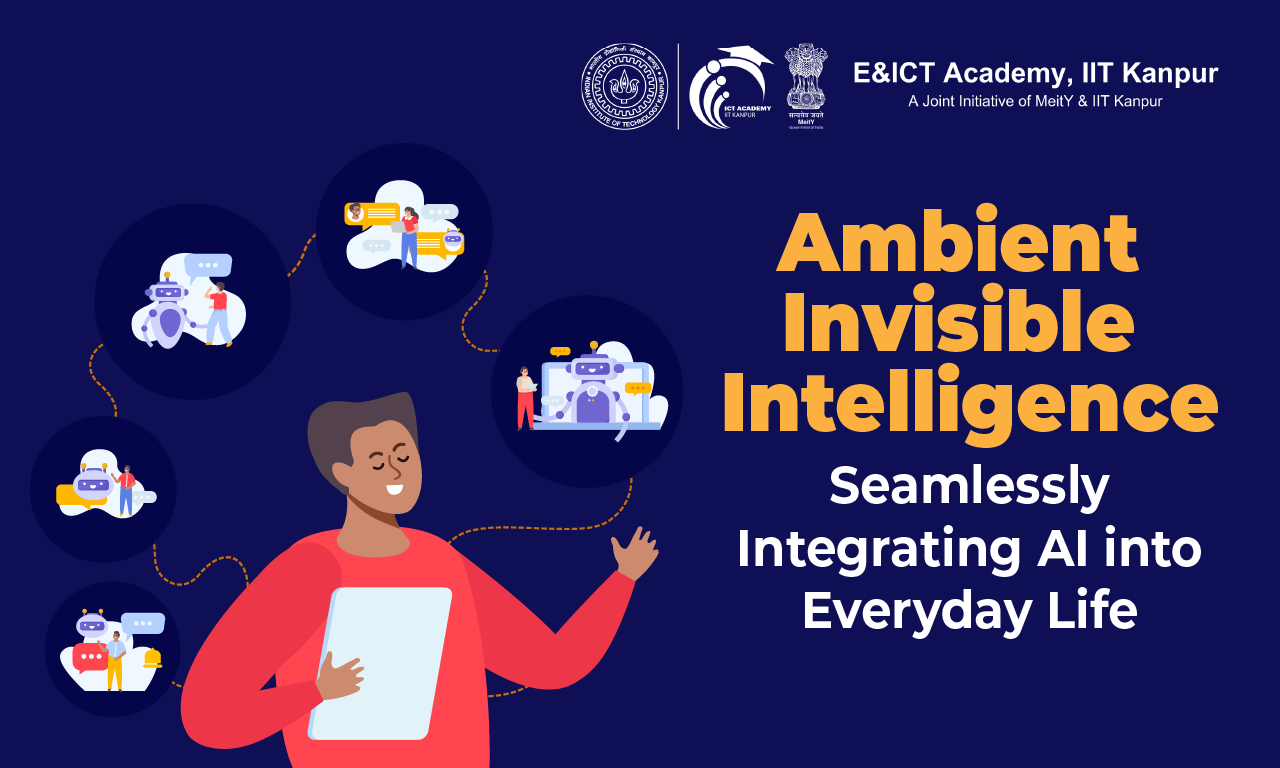
Ambient Invisible Intelligence: Seamlessly Integrating AI into Everyday Life
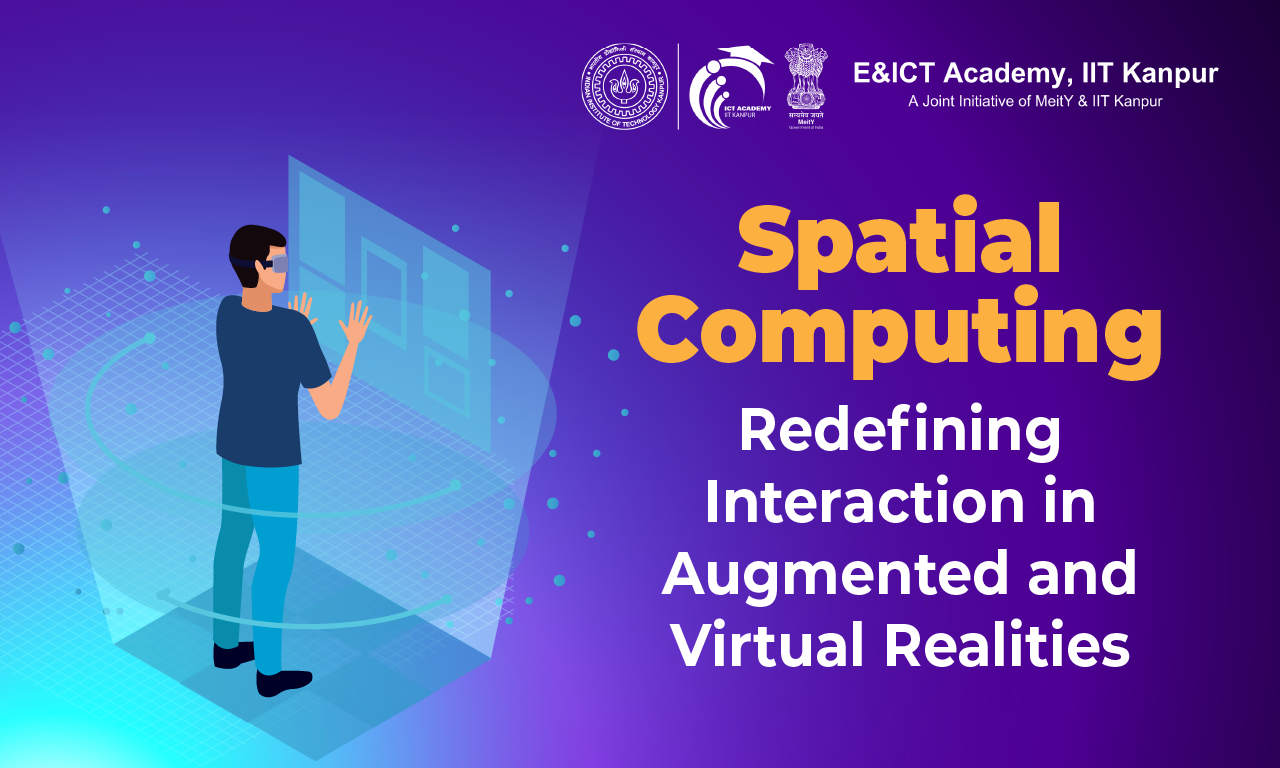
What is Spatial Computing? | Redefining Interaction in Augmented and Virtual Realities
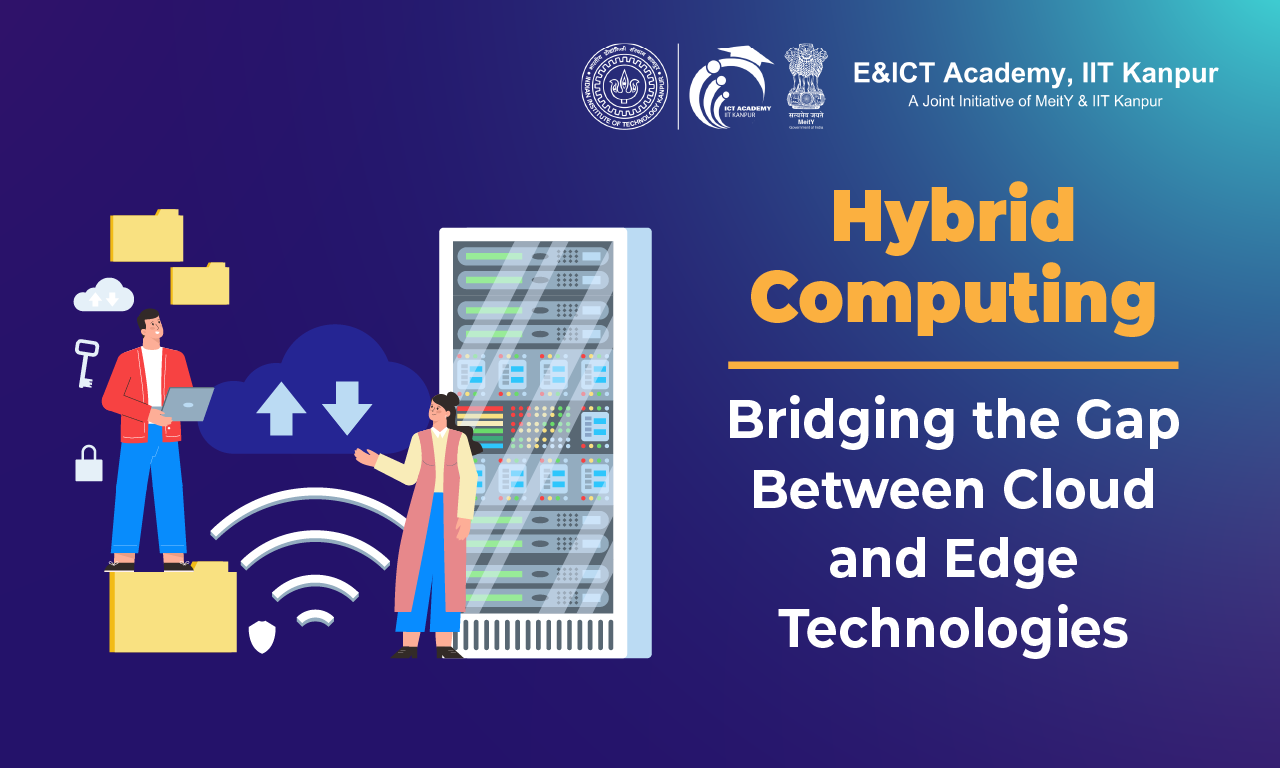
Understanding Hybrid Computing in 2026 | Bridging the Gap Between Cloud and Edge Technologies
.jpg)
Will AI Replace Data Scientists?
![Agentic AI: How Autonomous AI Systems Are Shaping the Future of Business [2026]](/images/uploads/Agentic AI-01.webp)
Agentic AI: How Autonomous AI Systems Are Shaping the Future of Business [2026]
